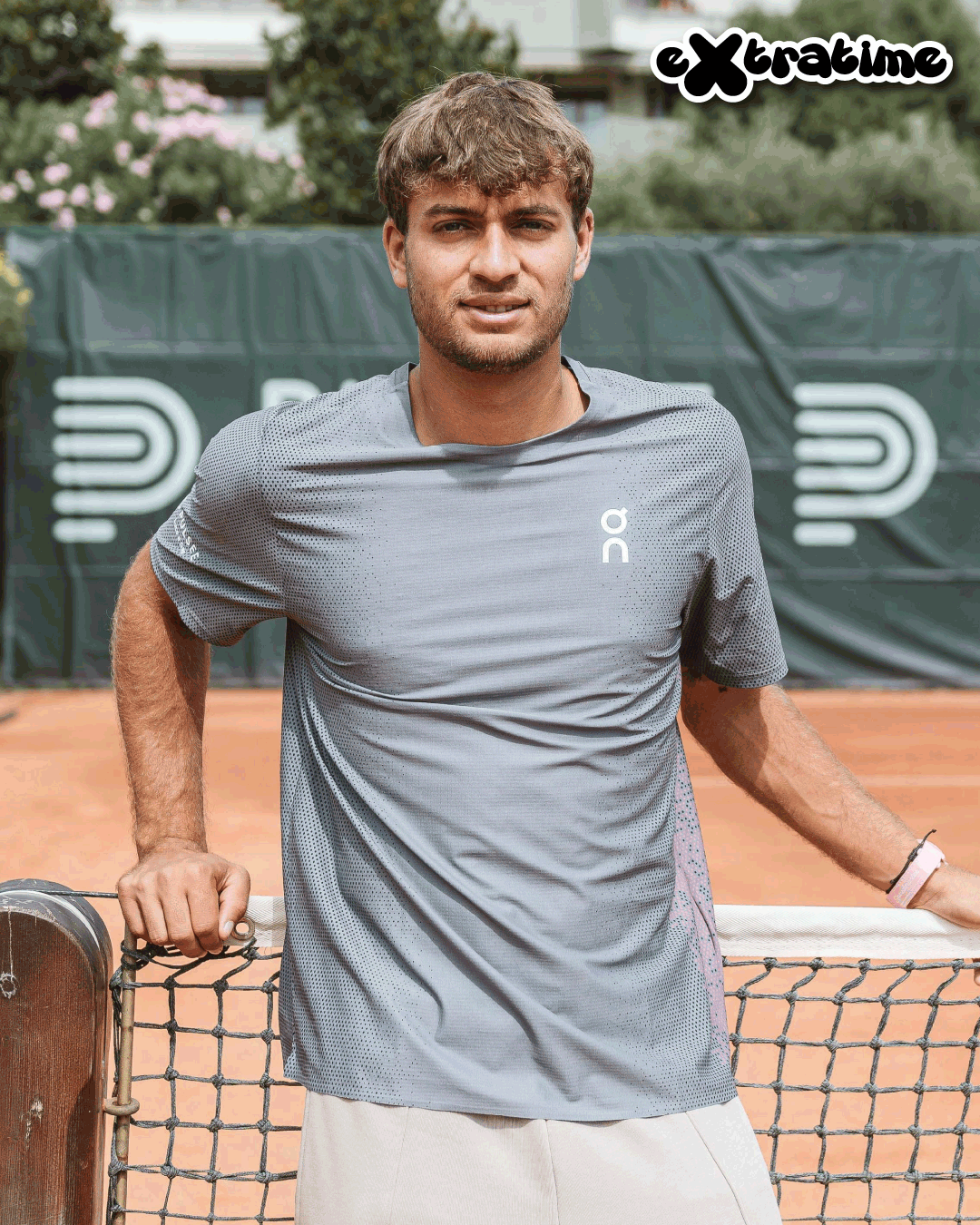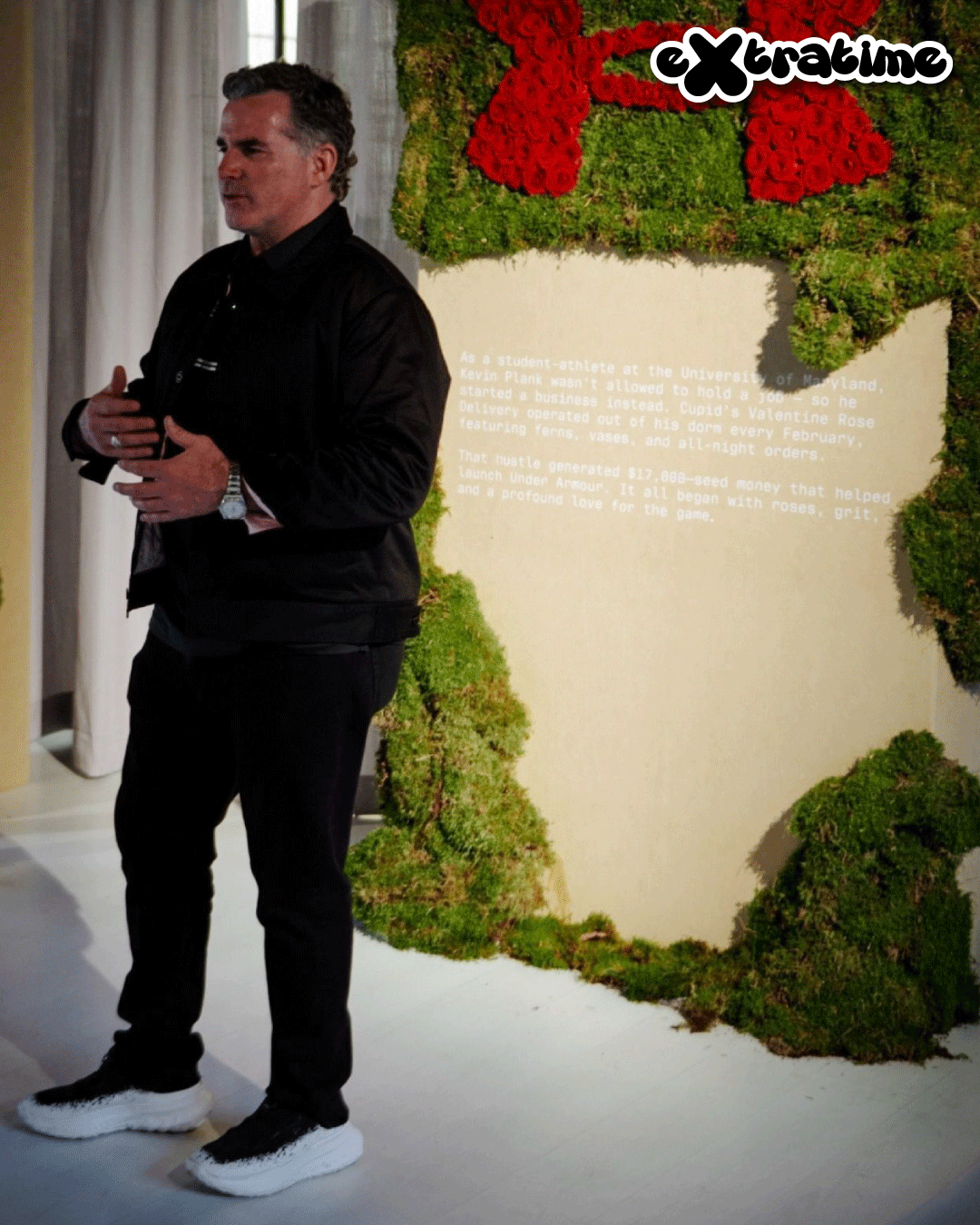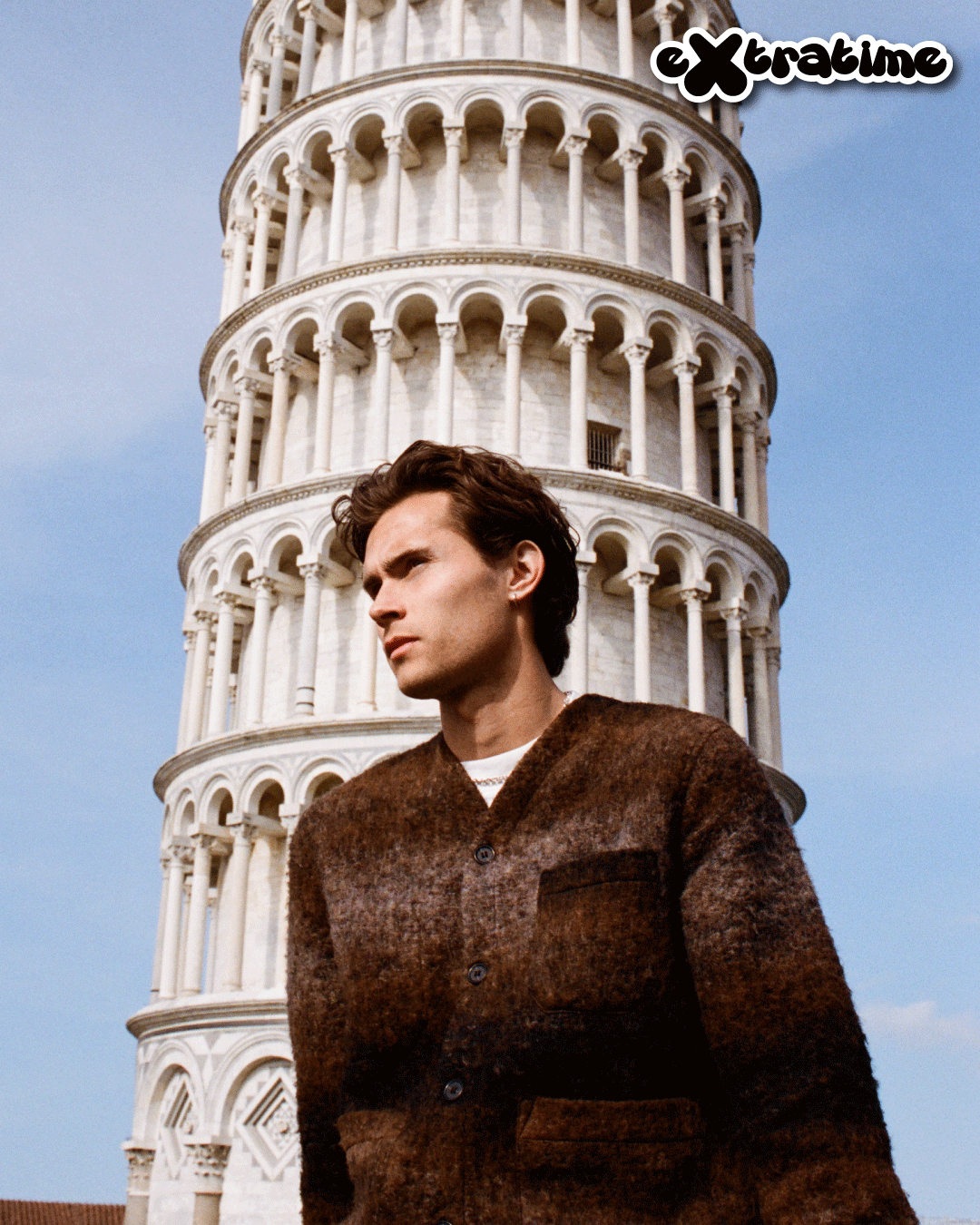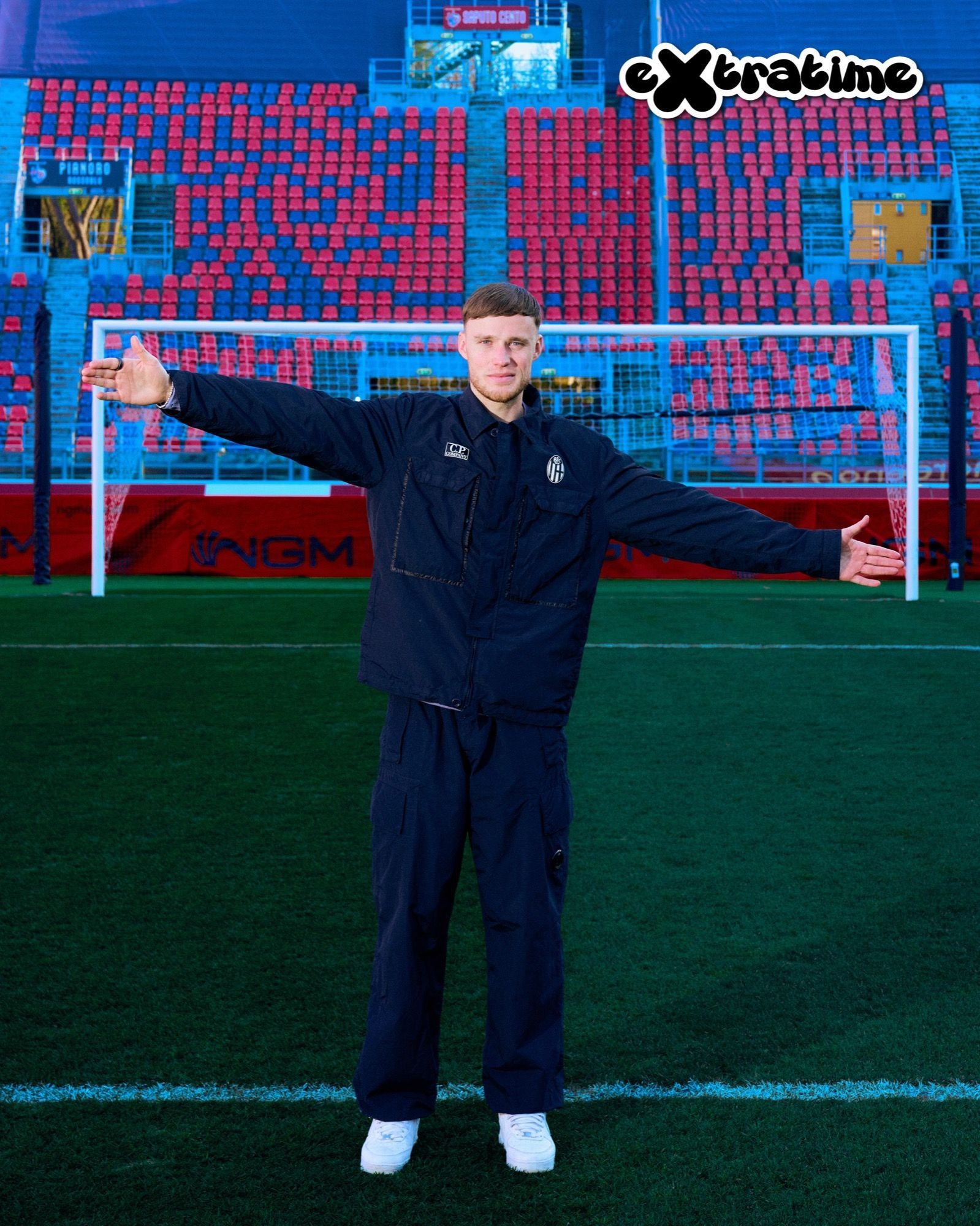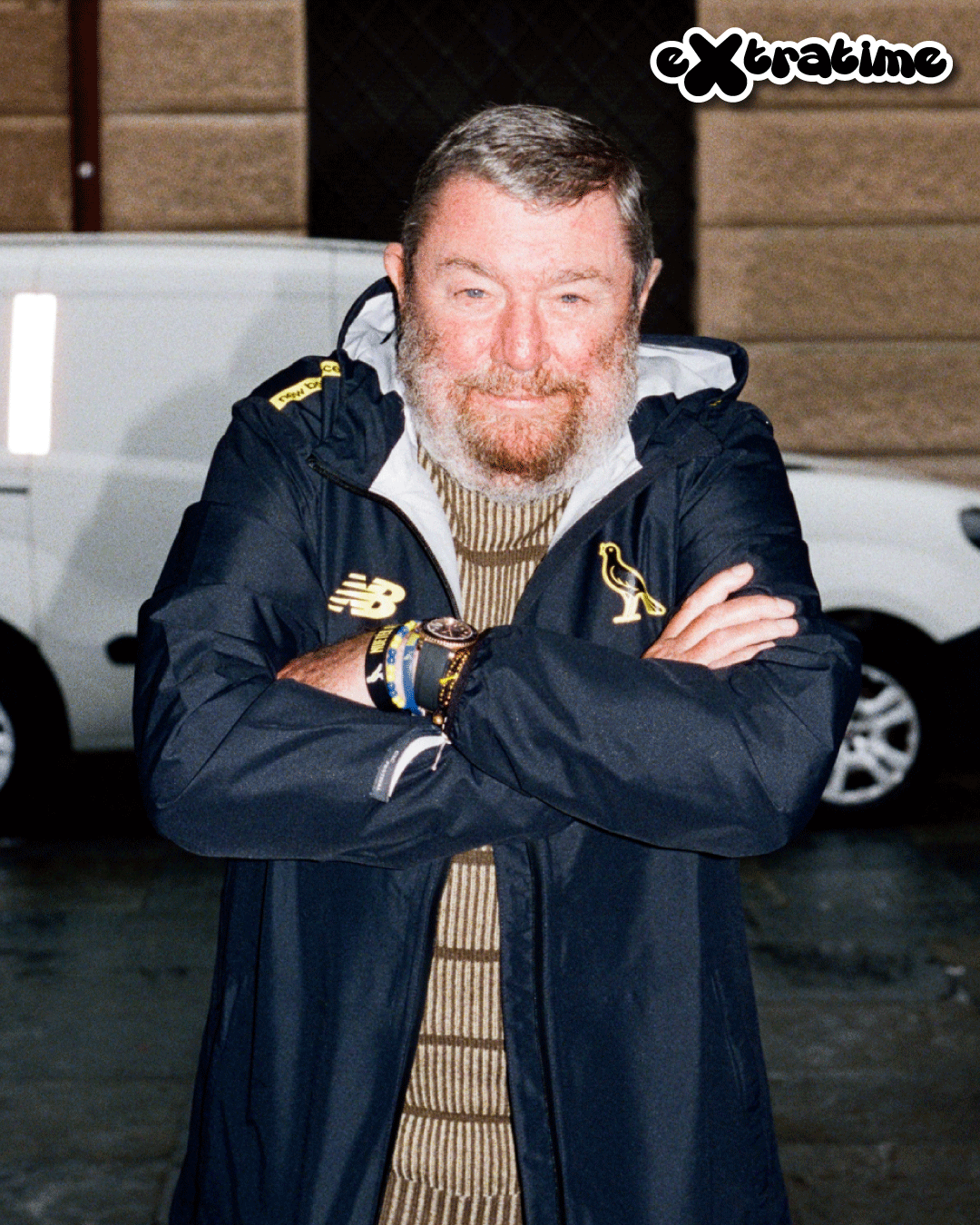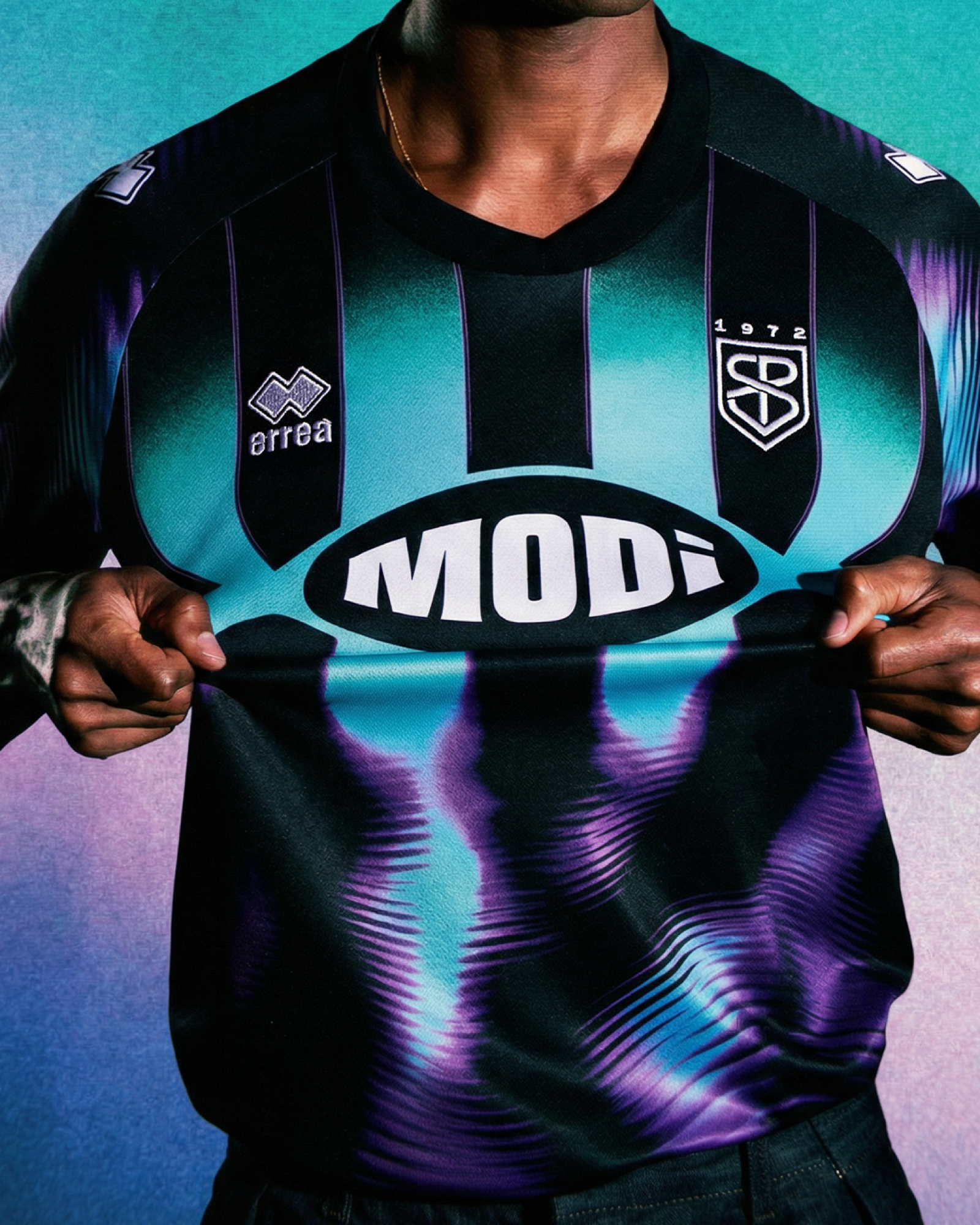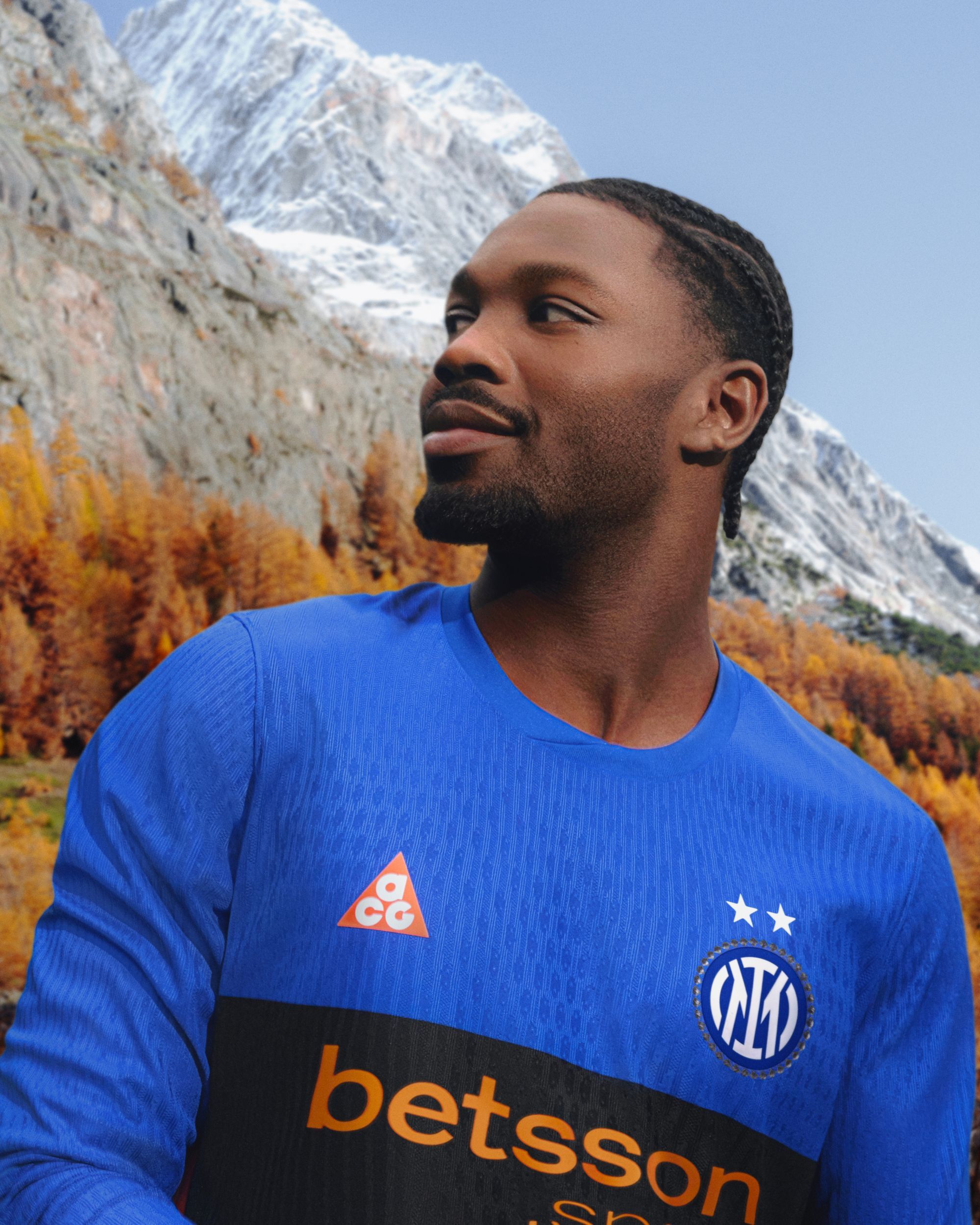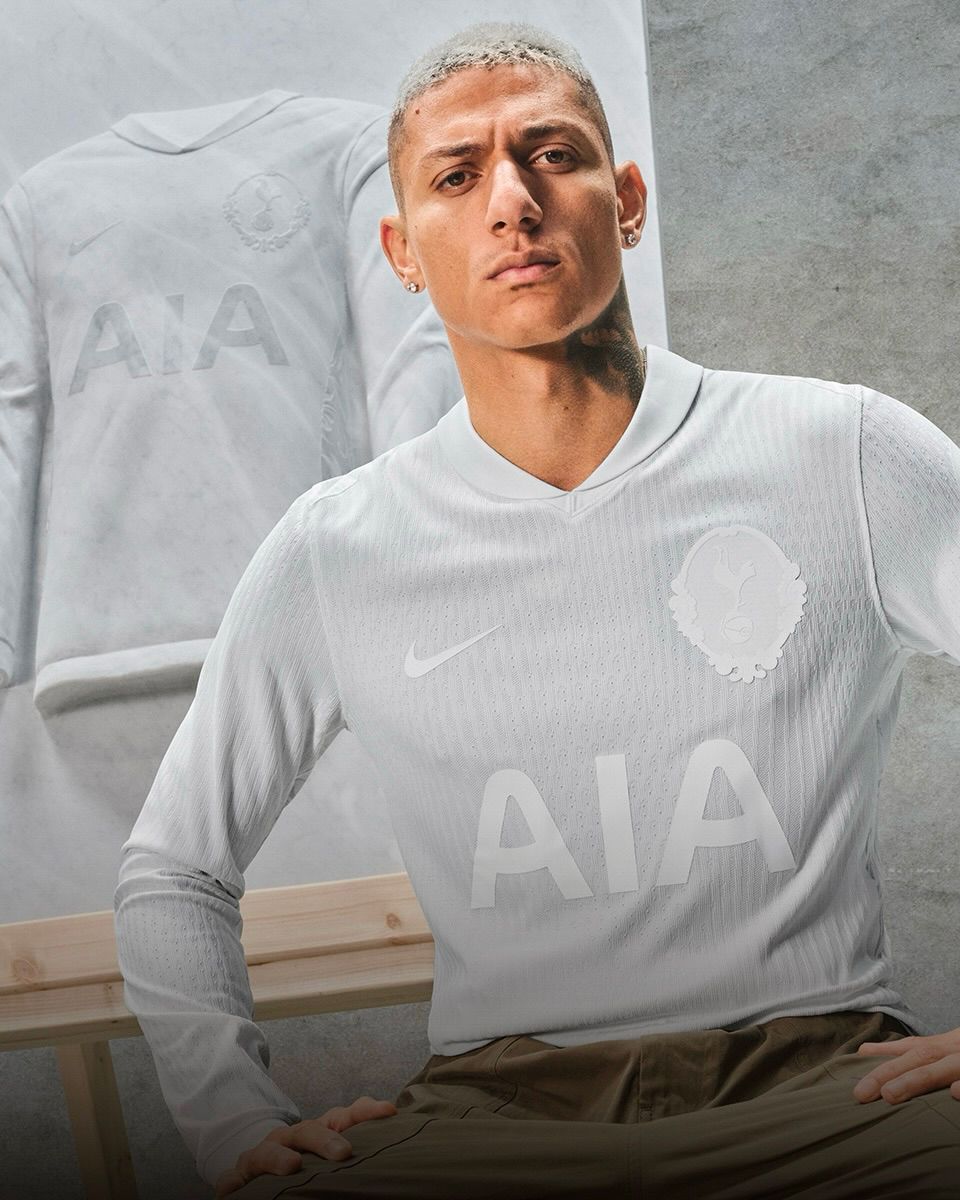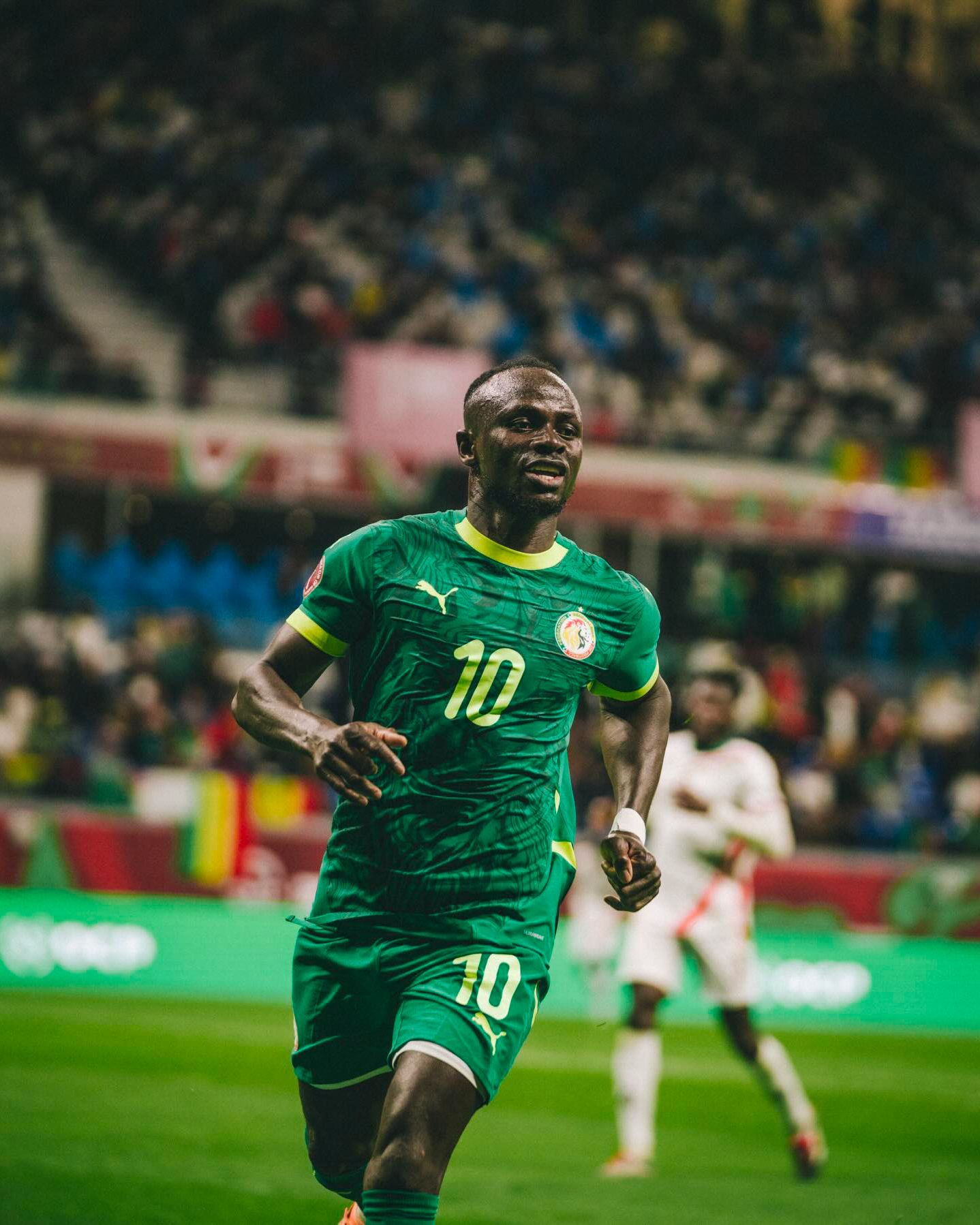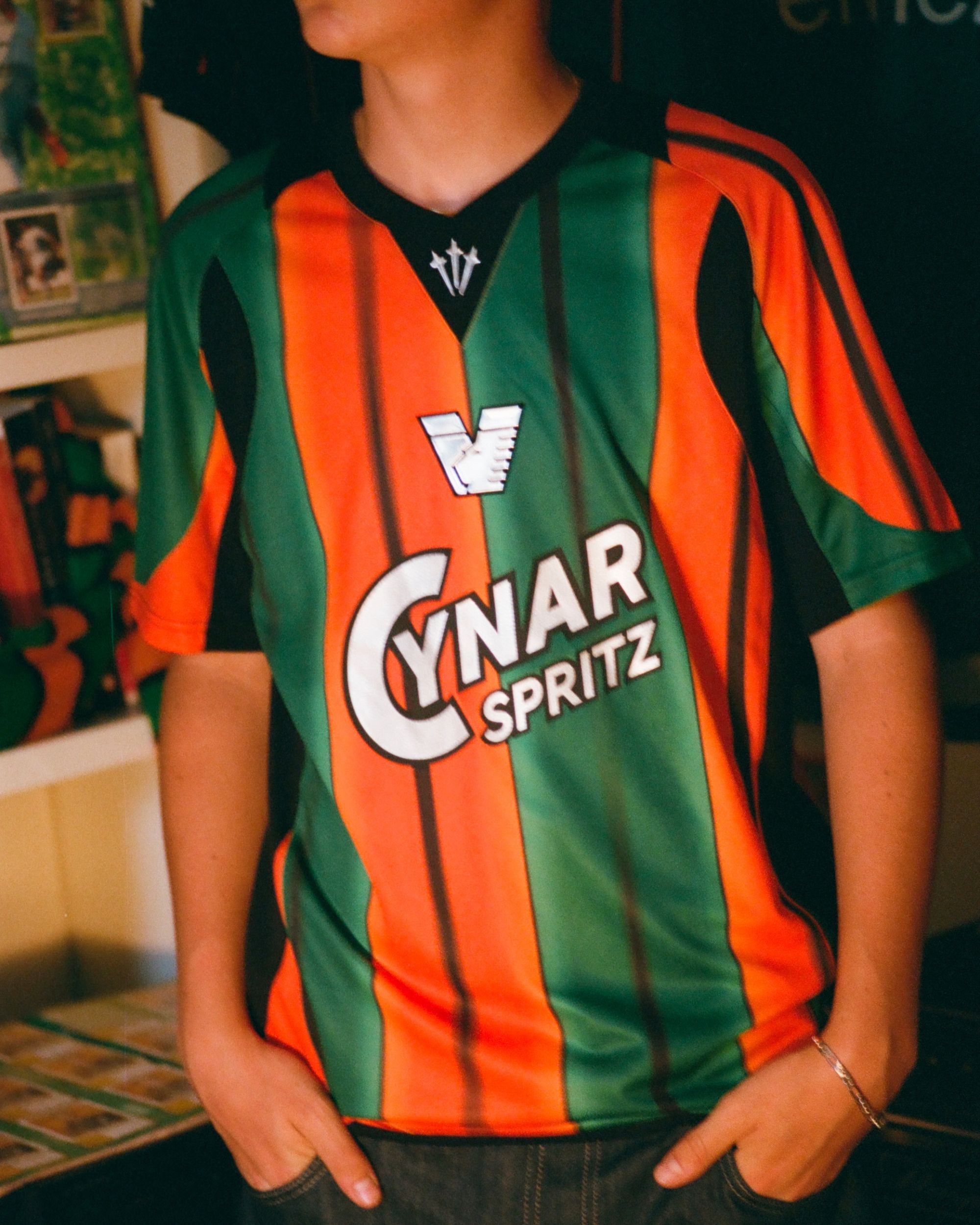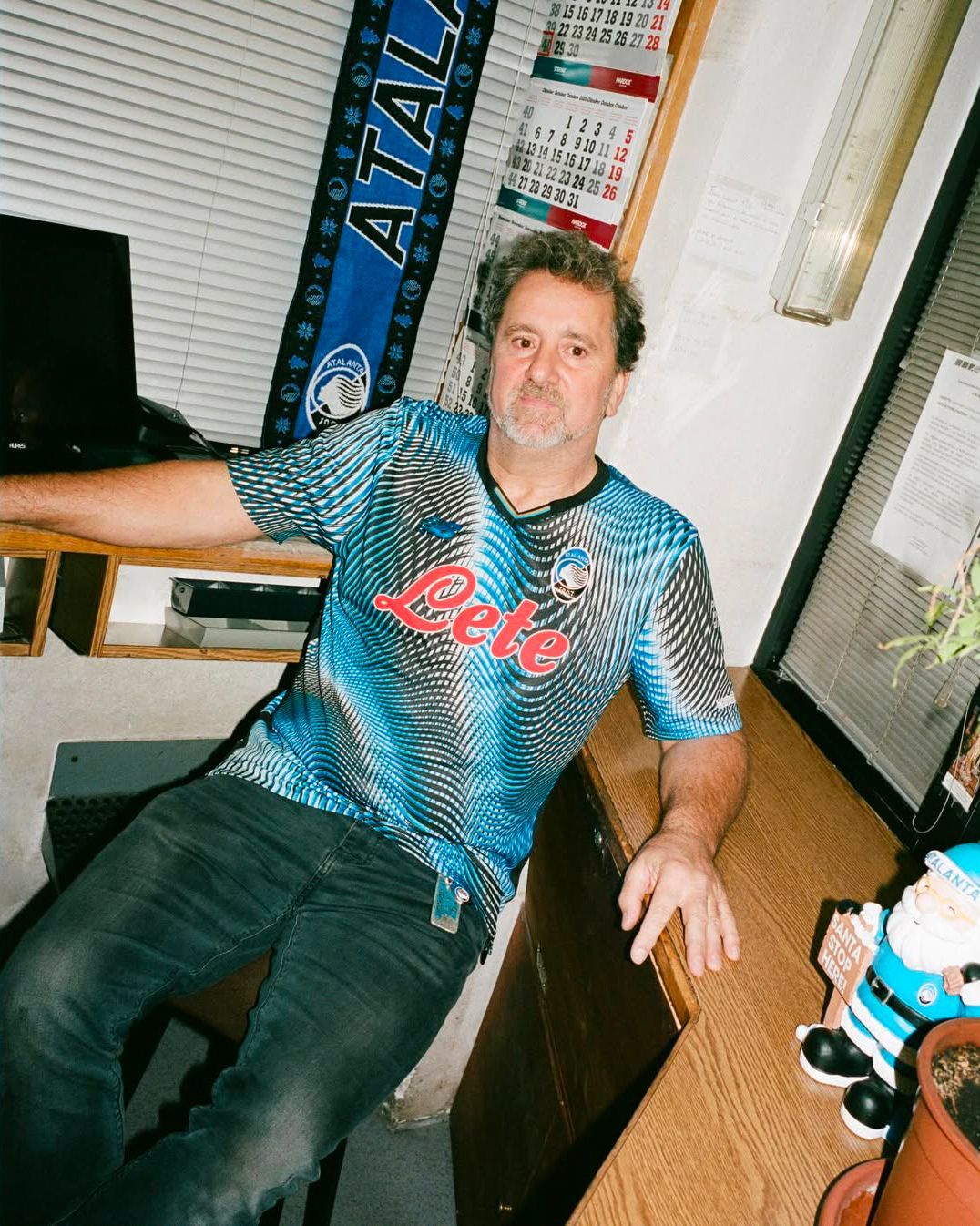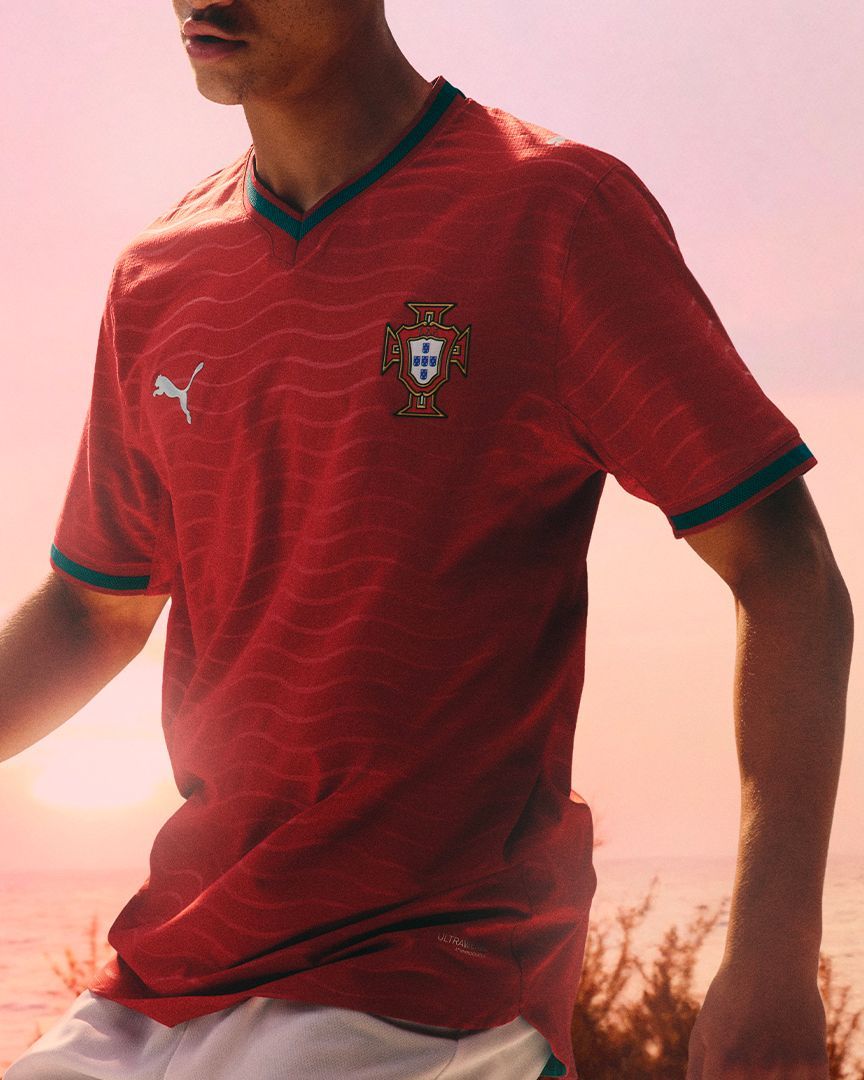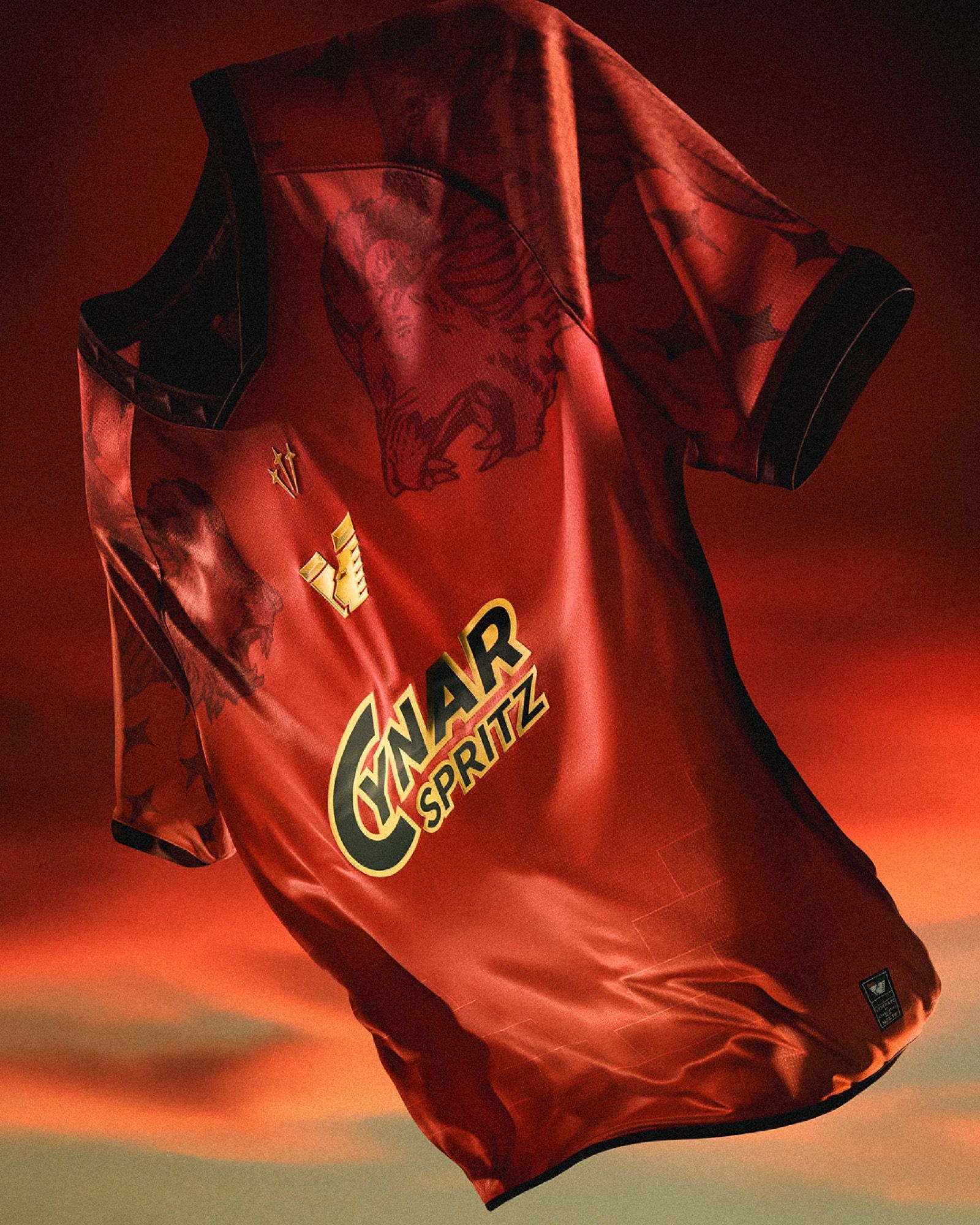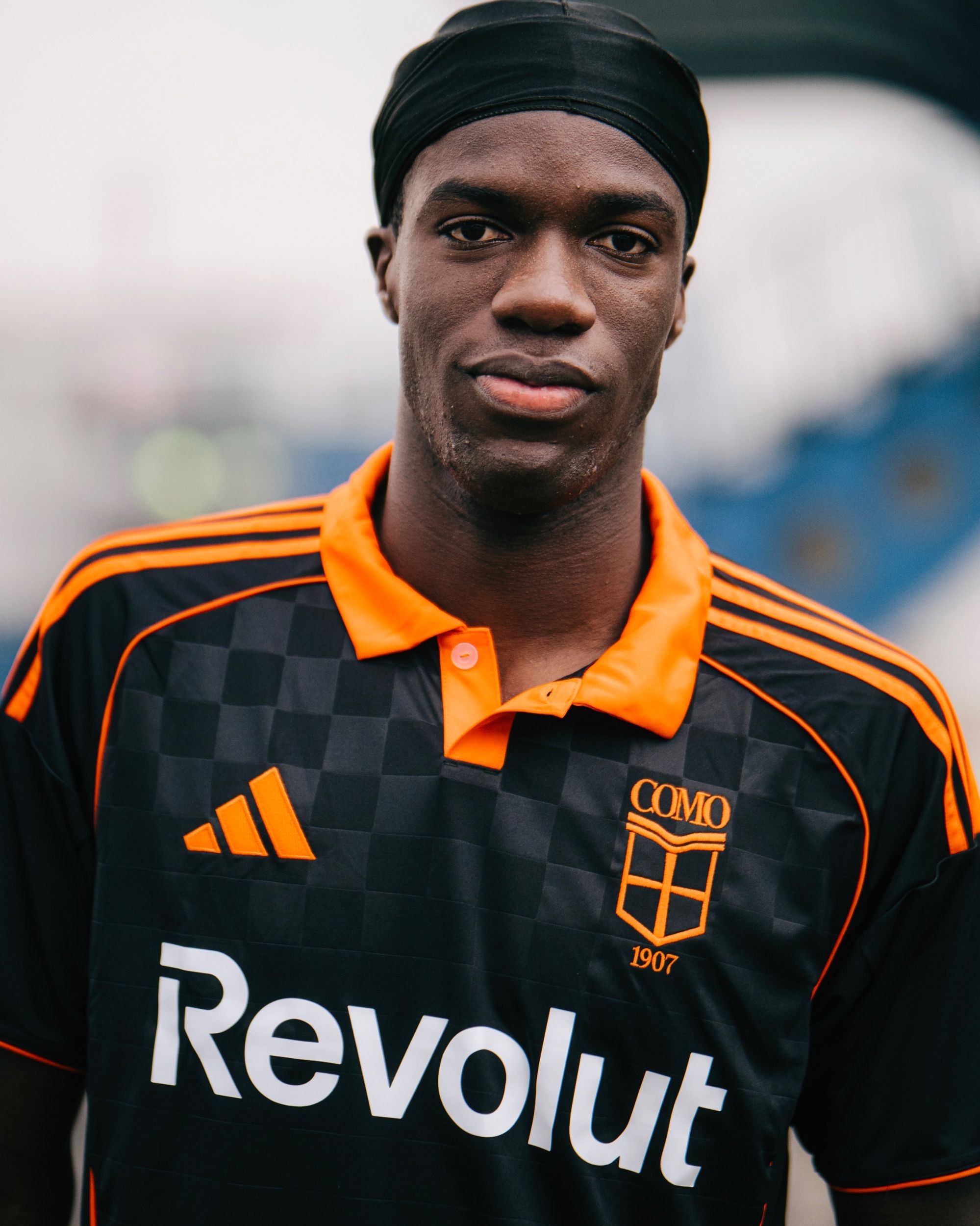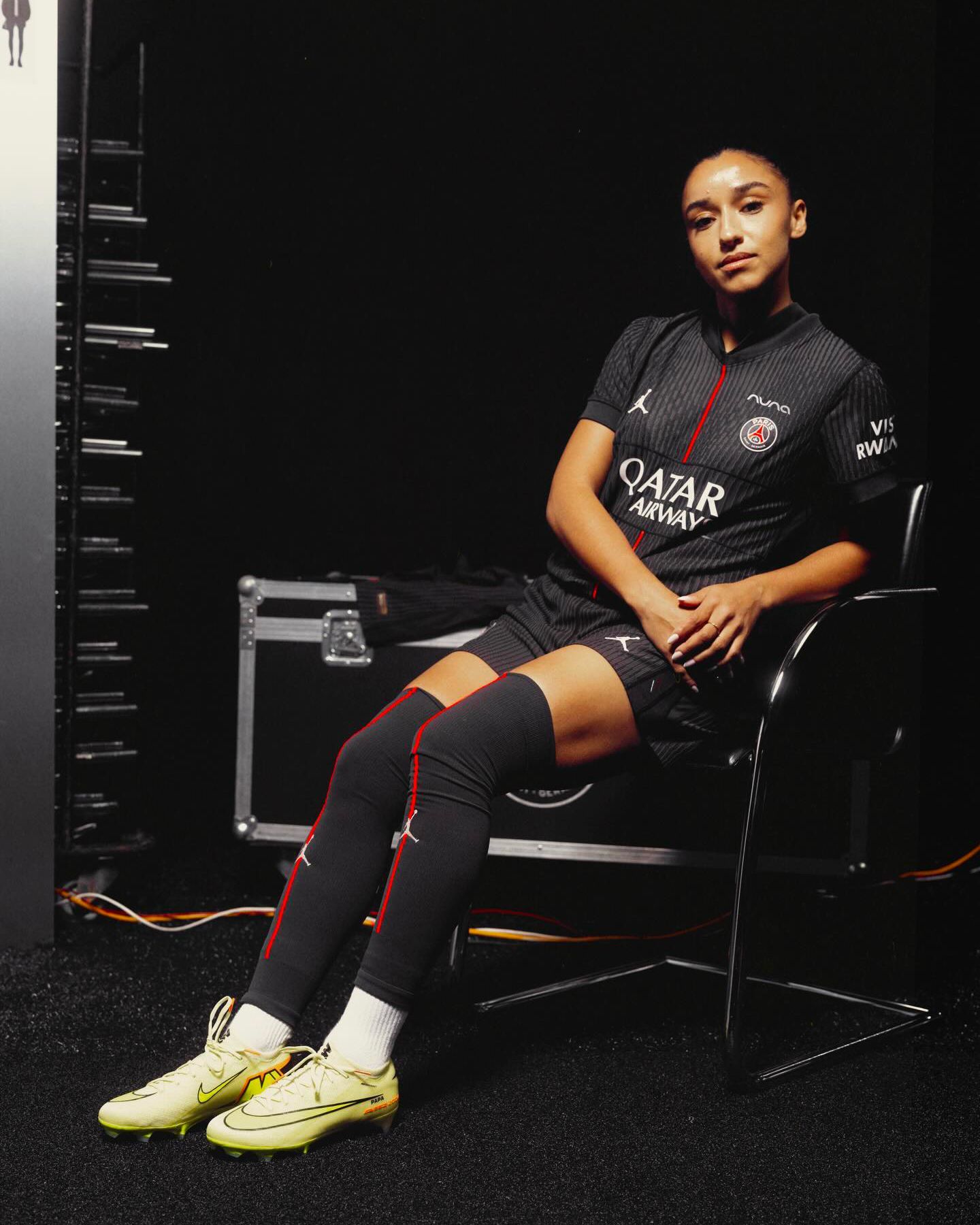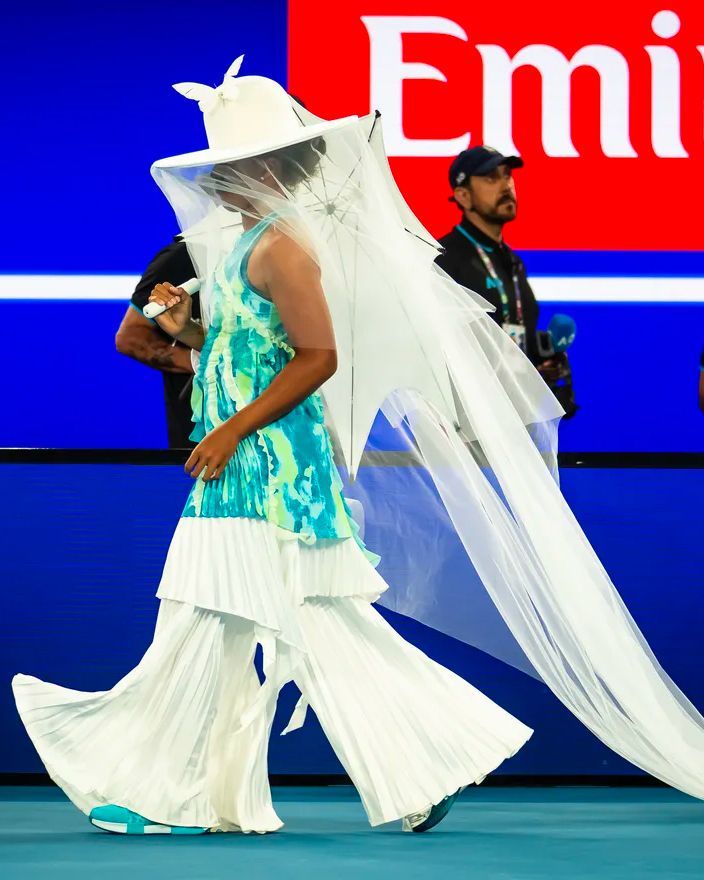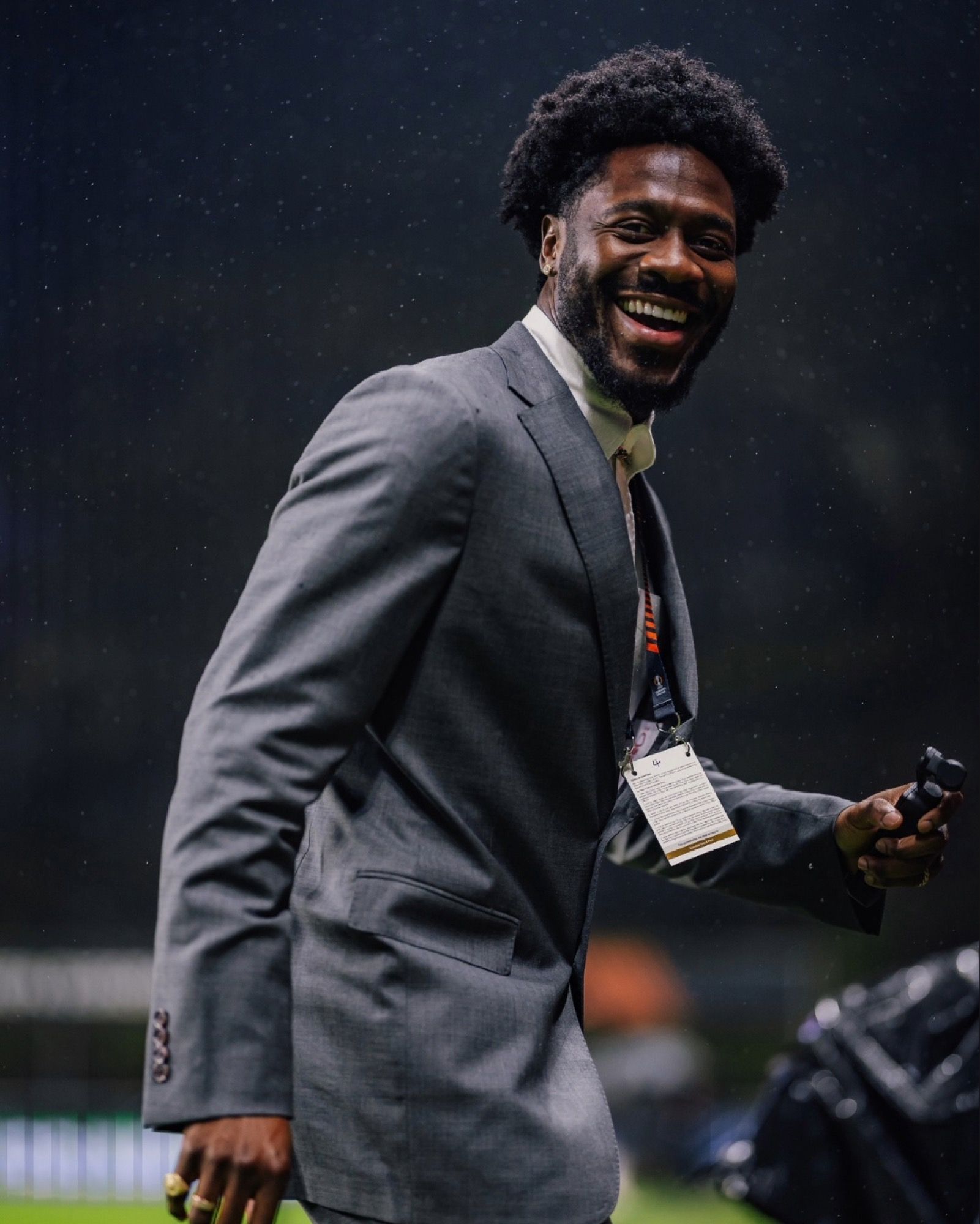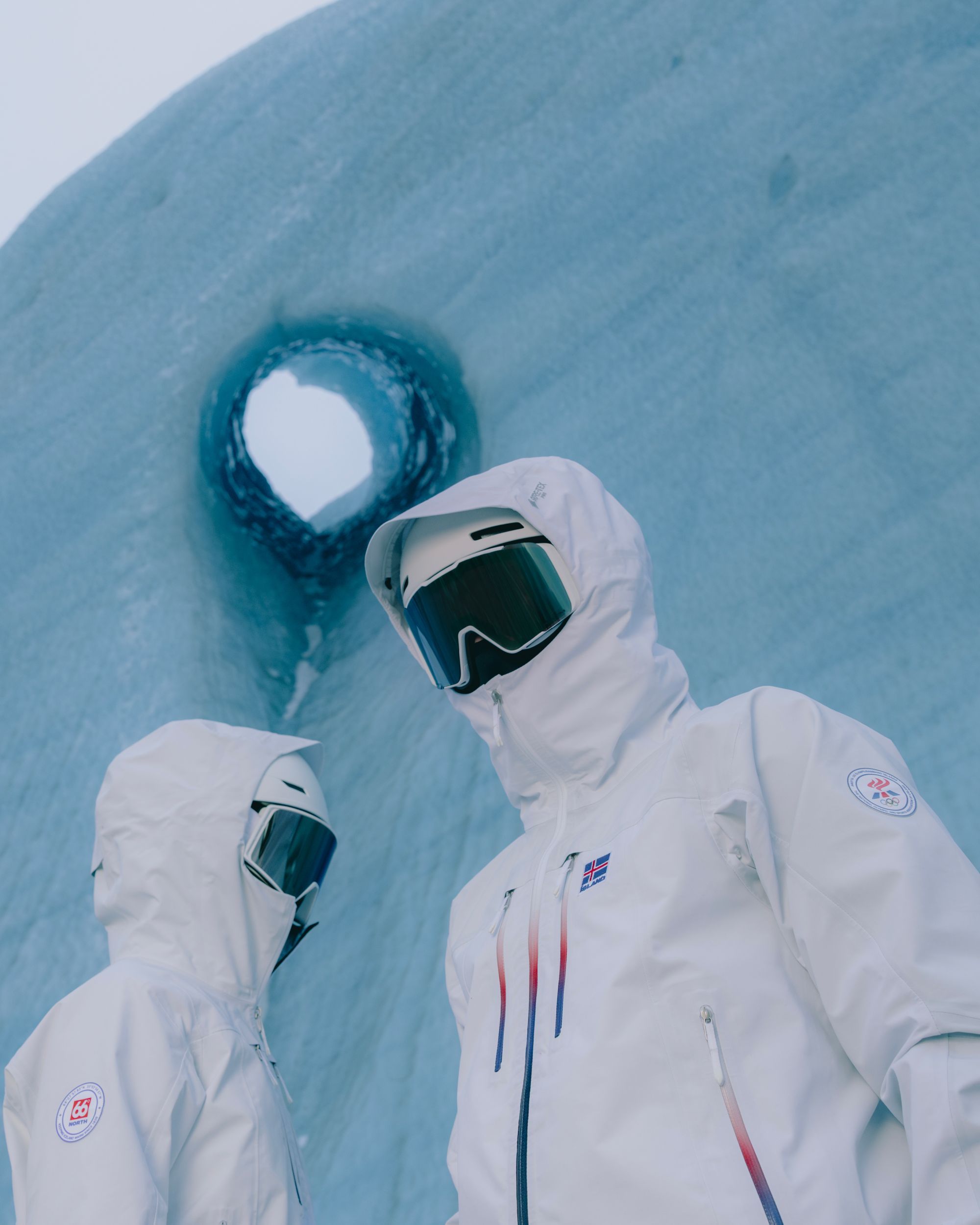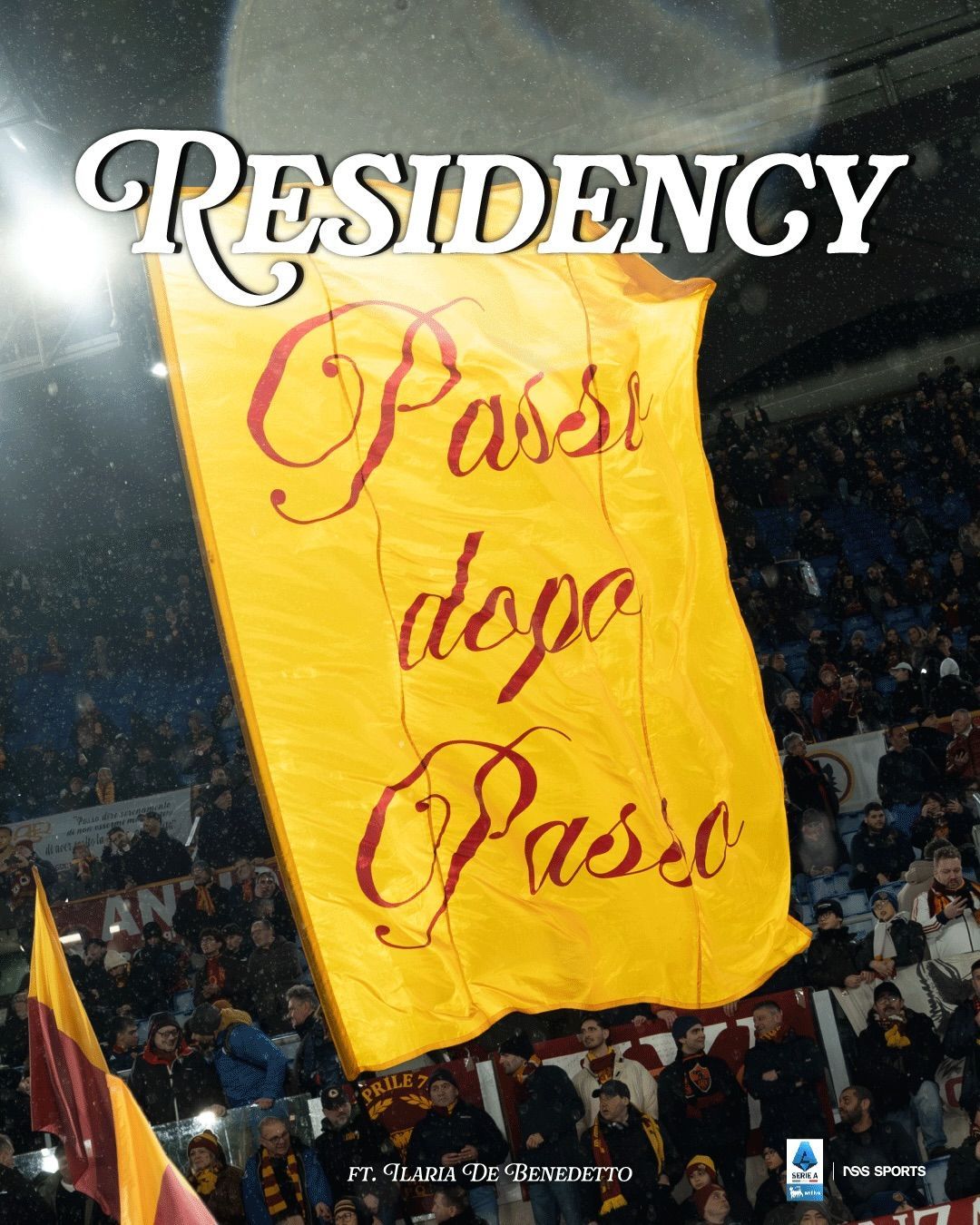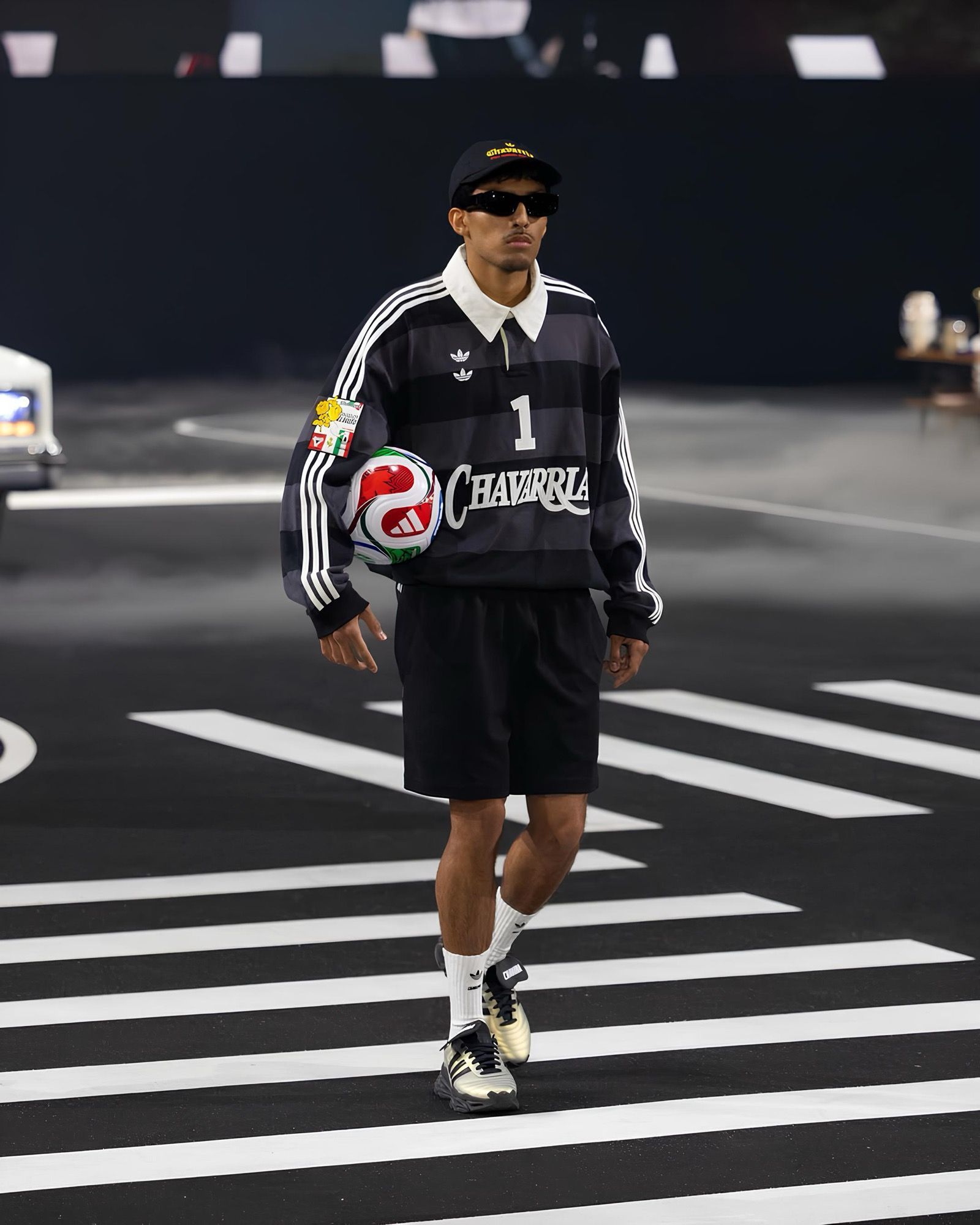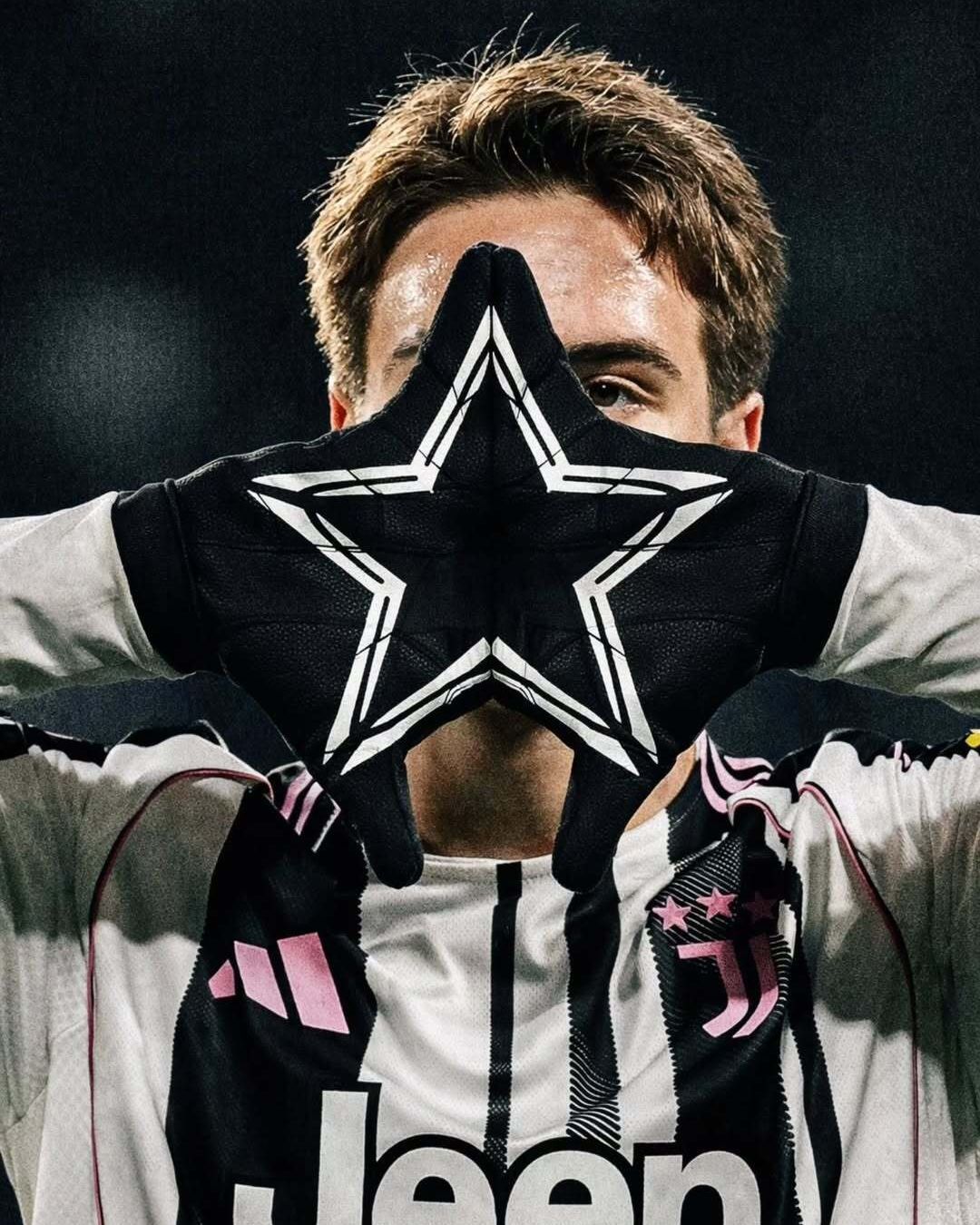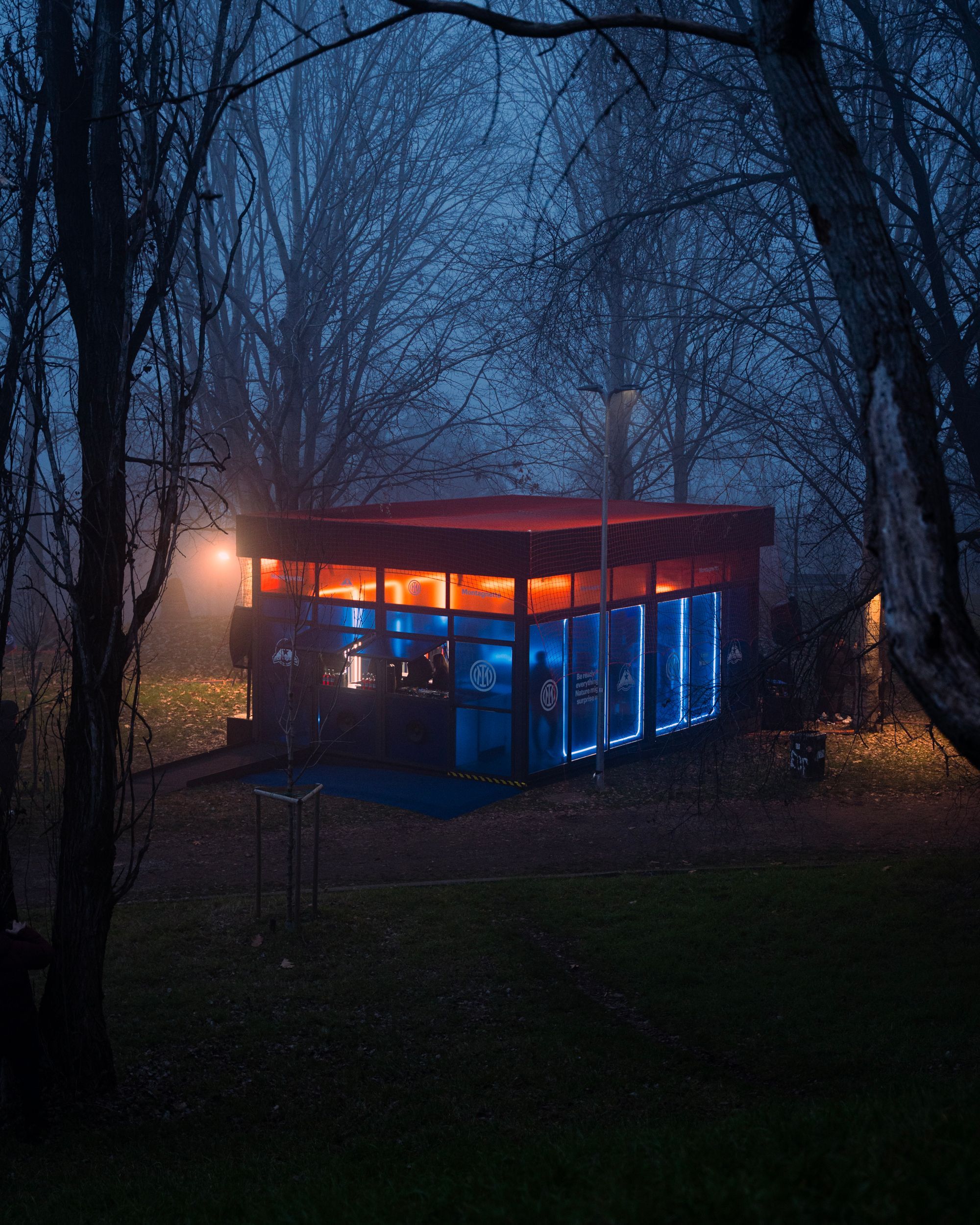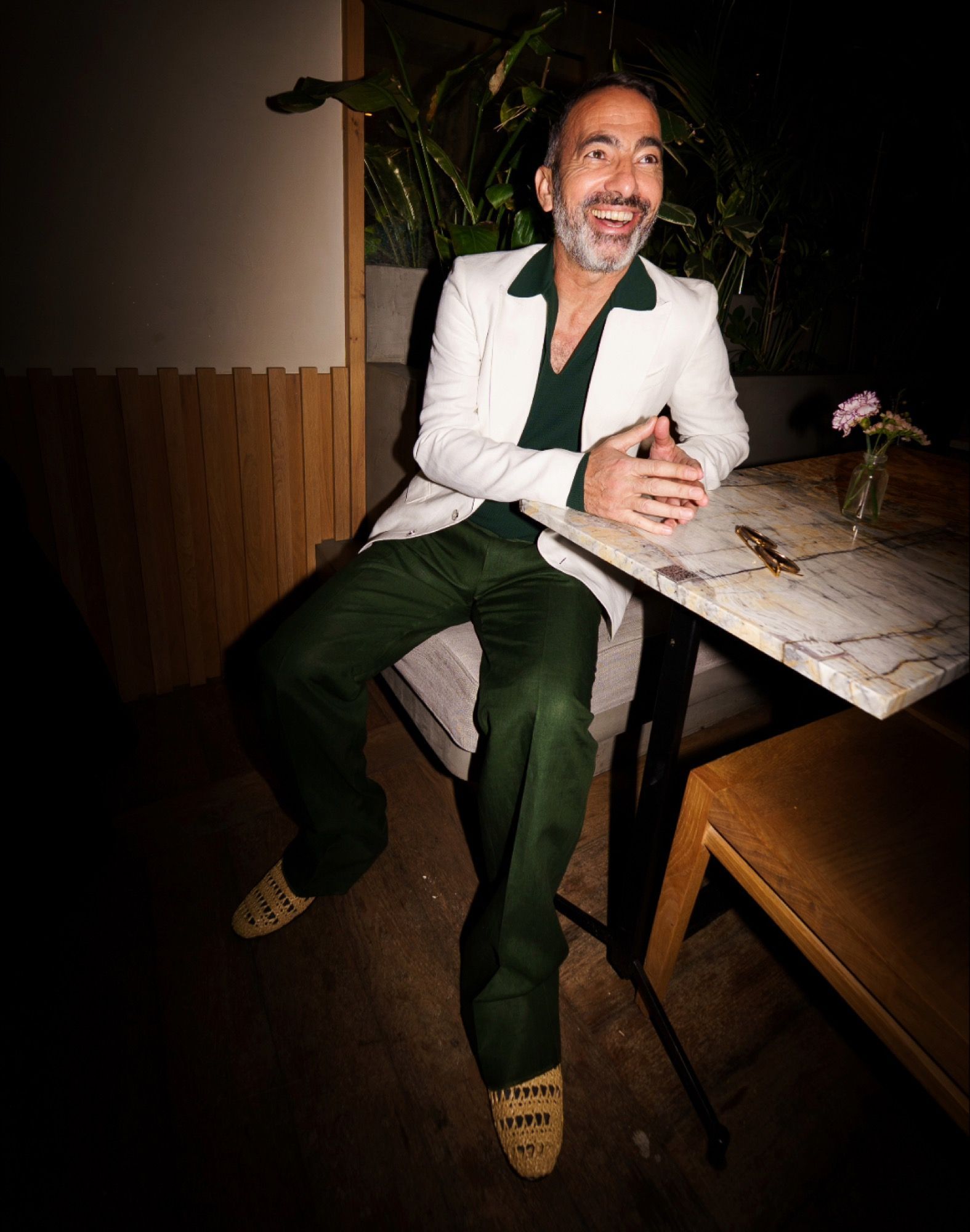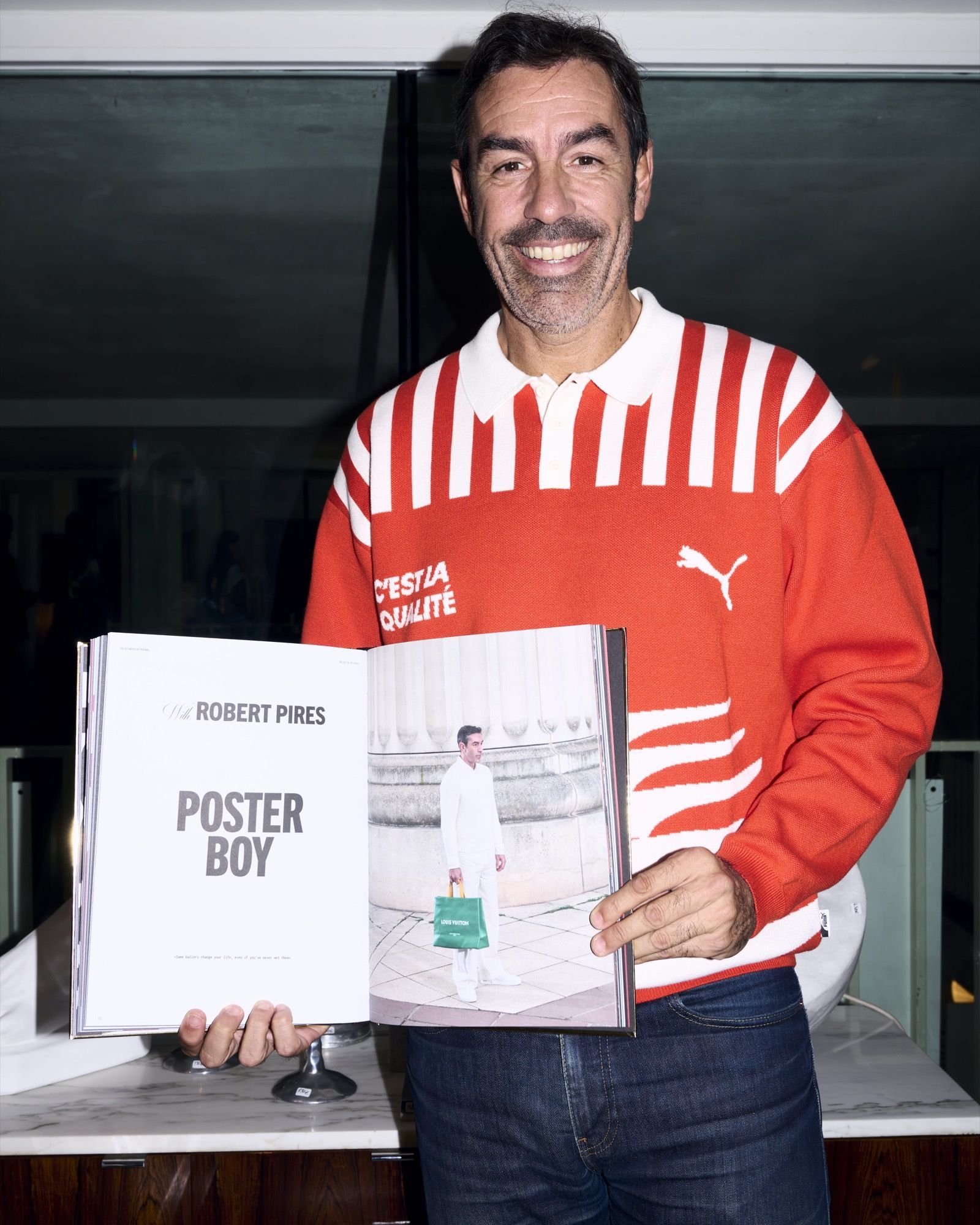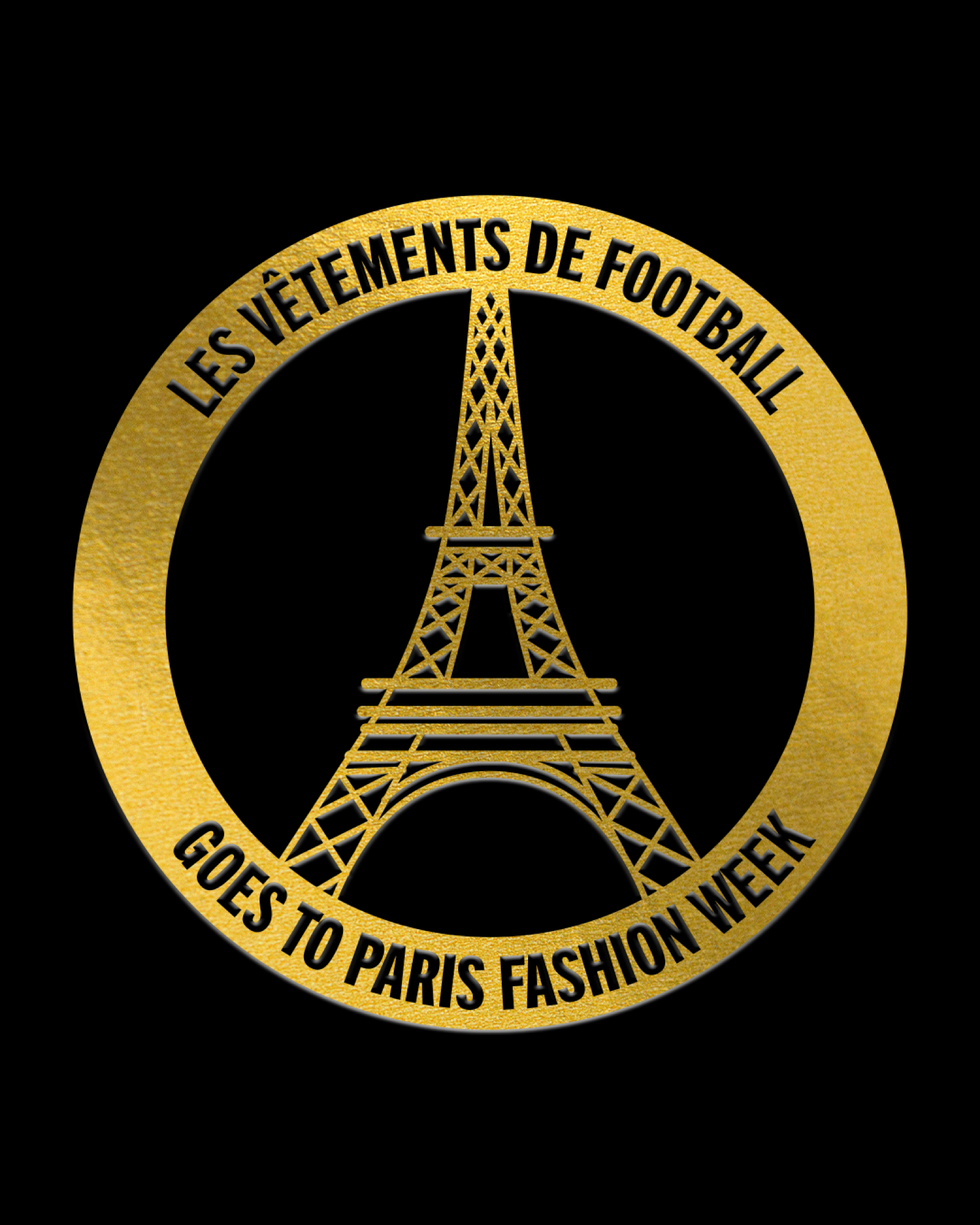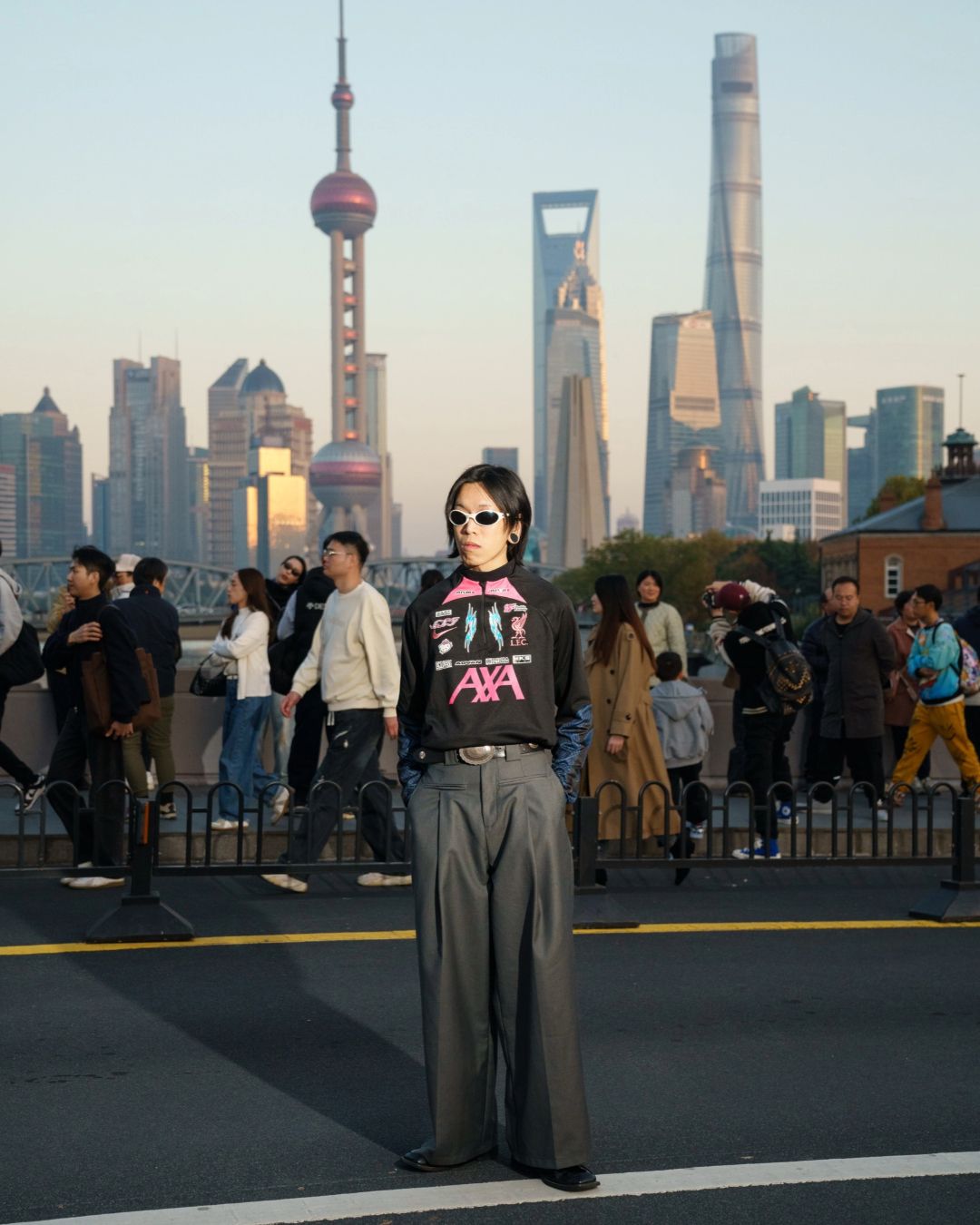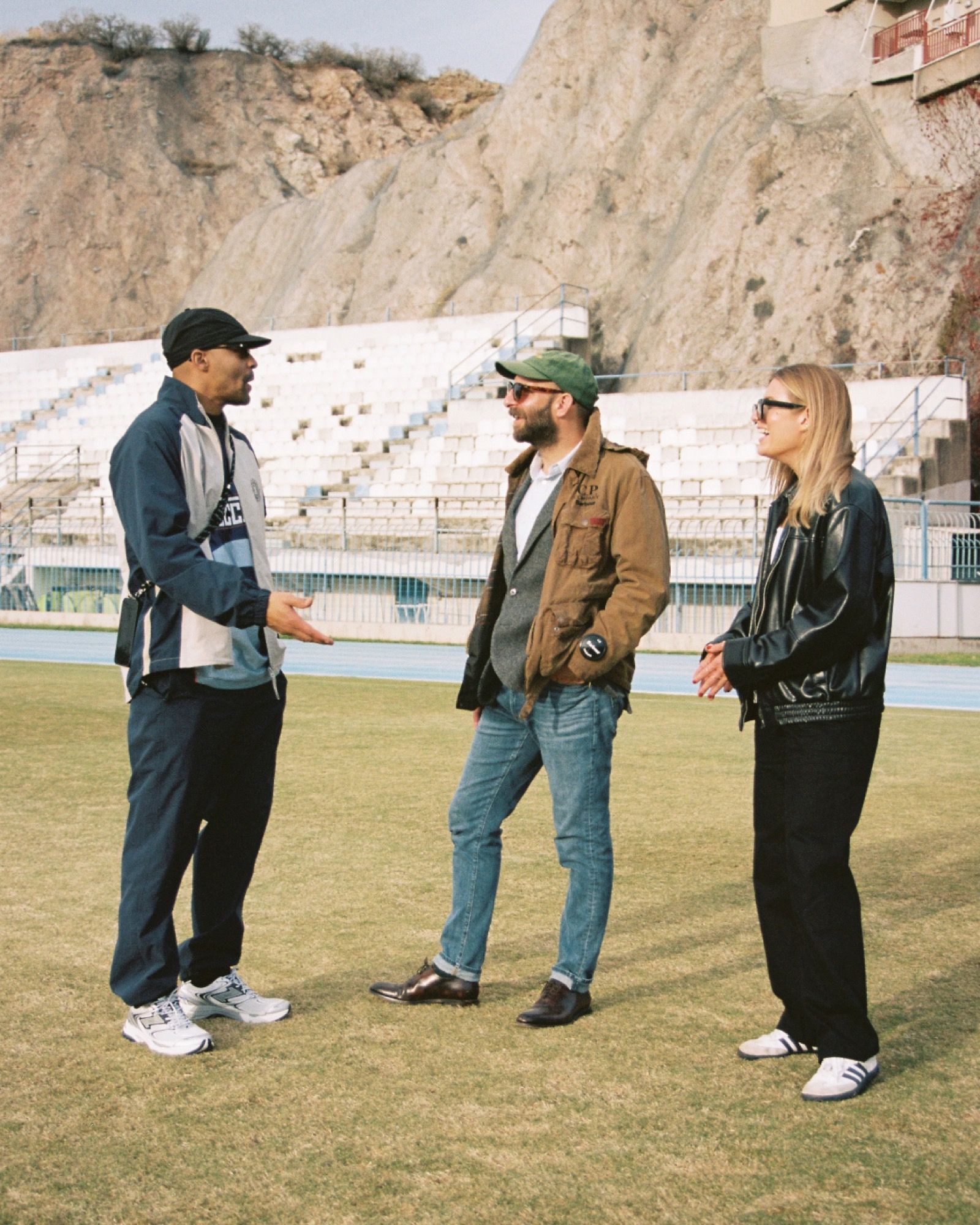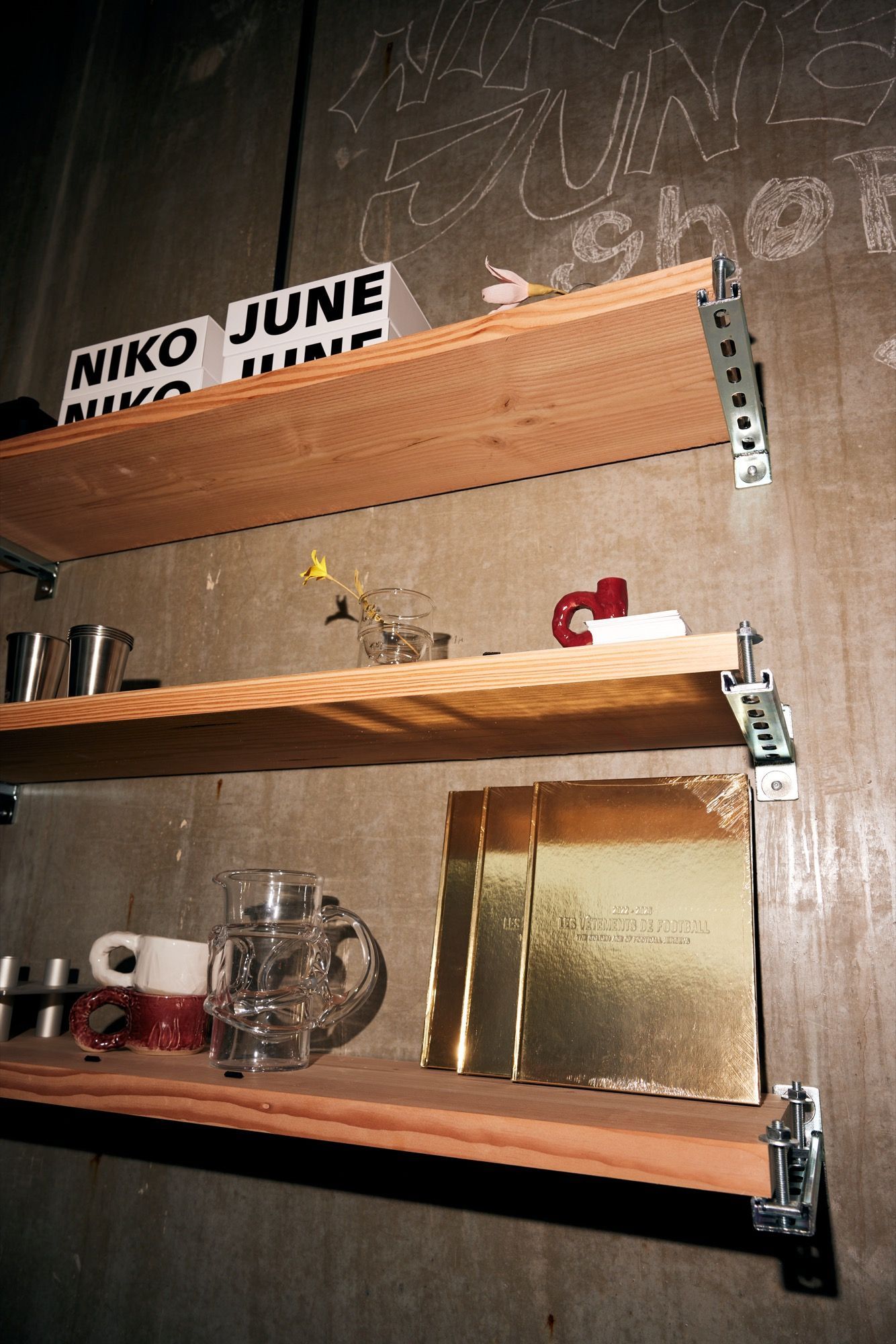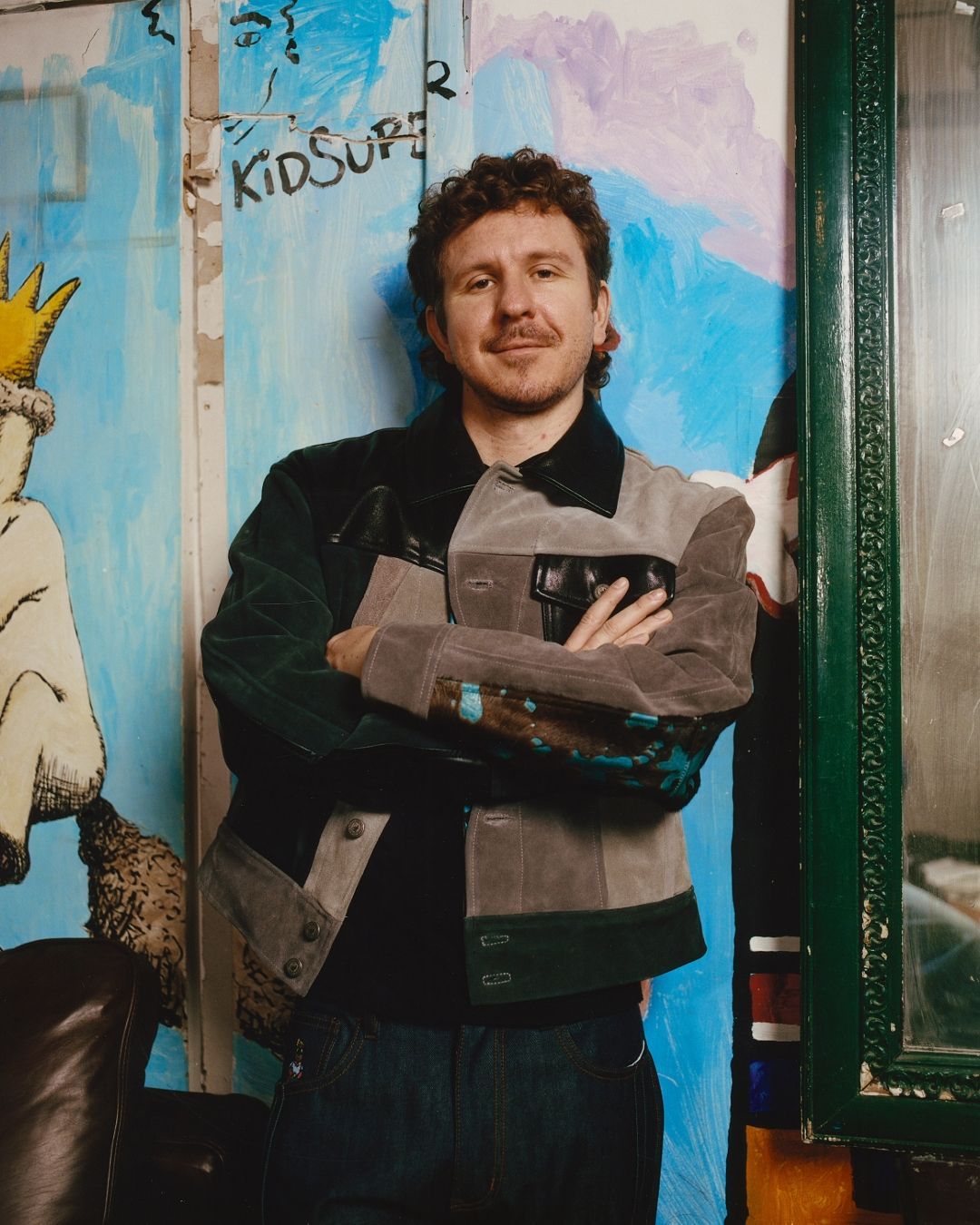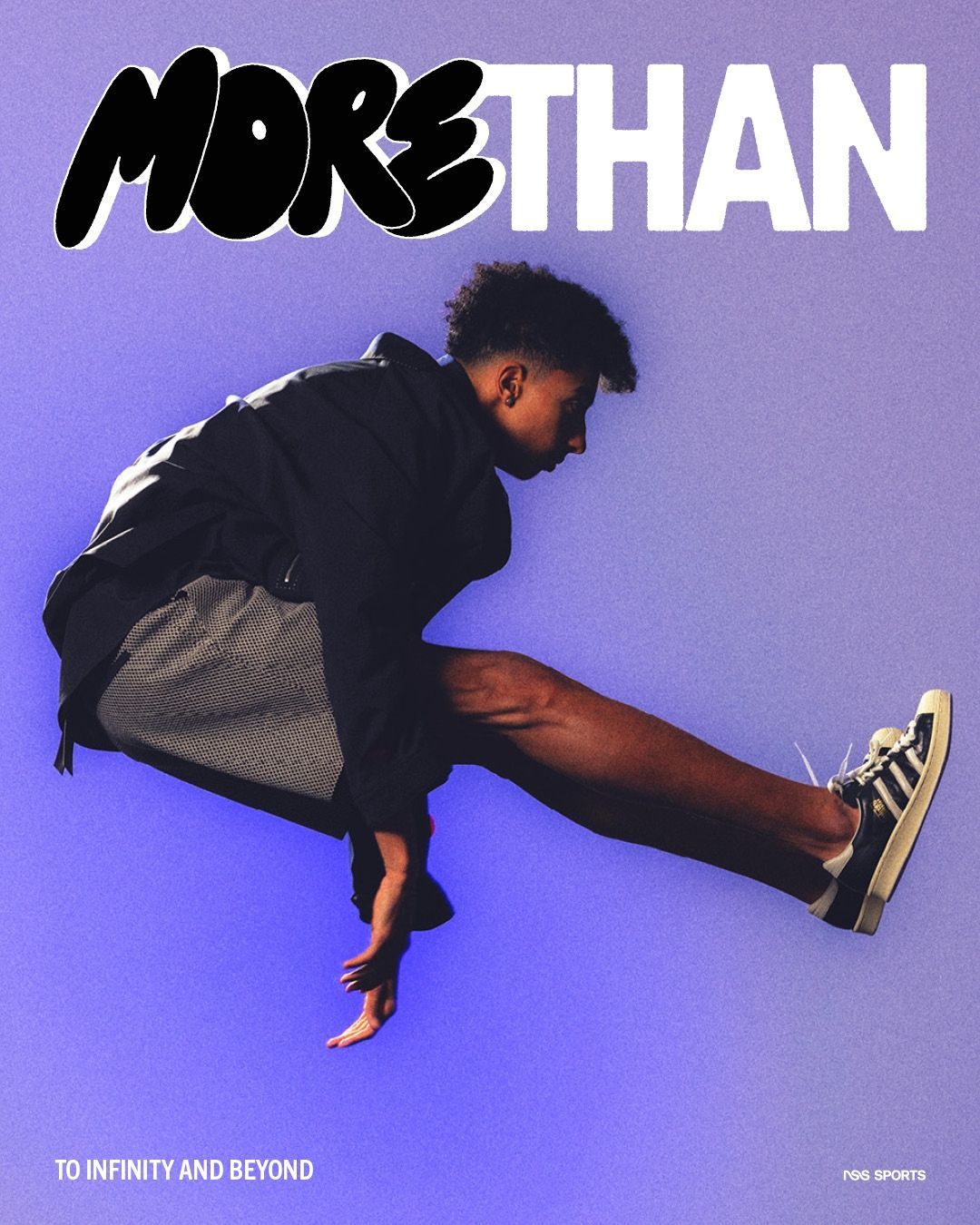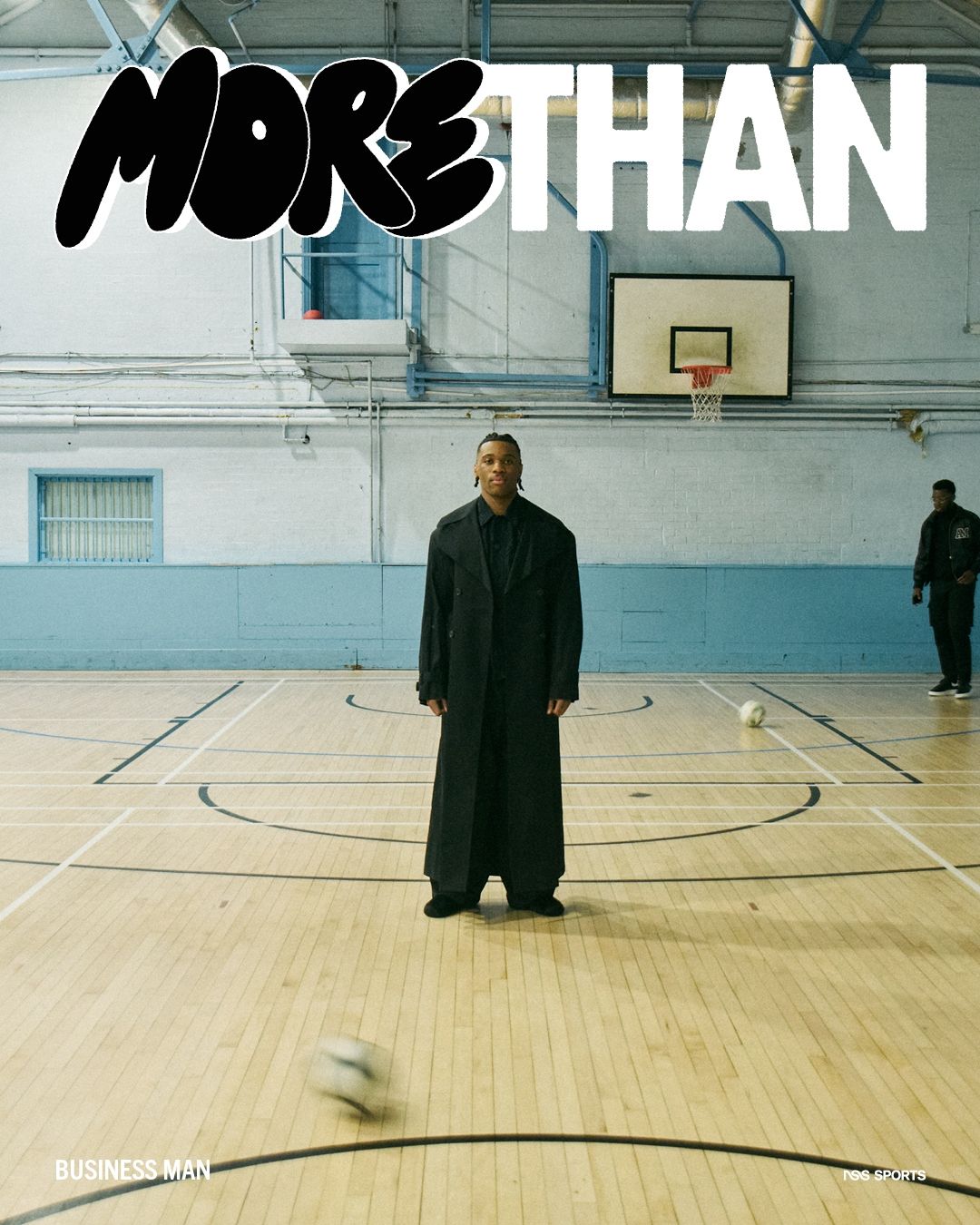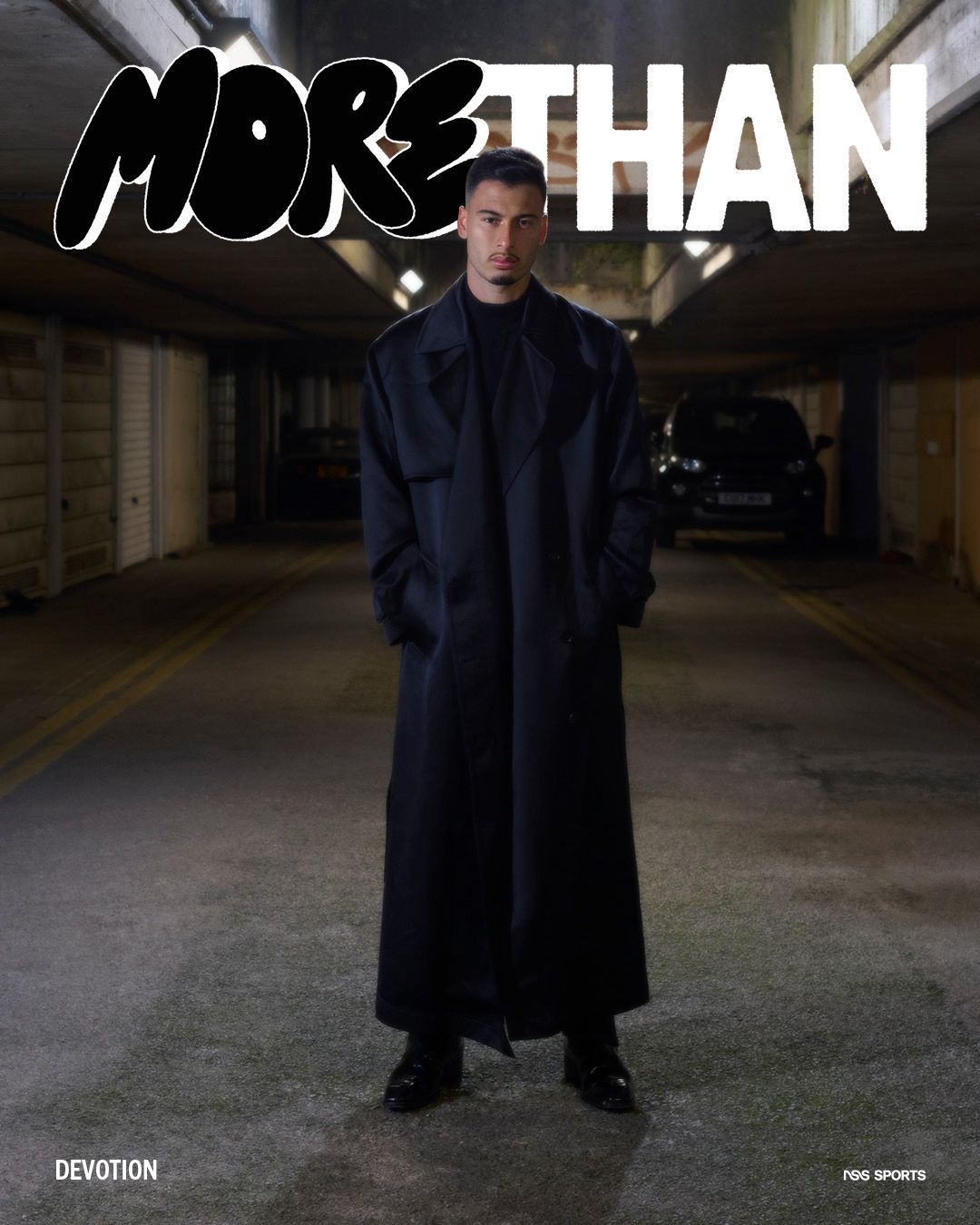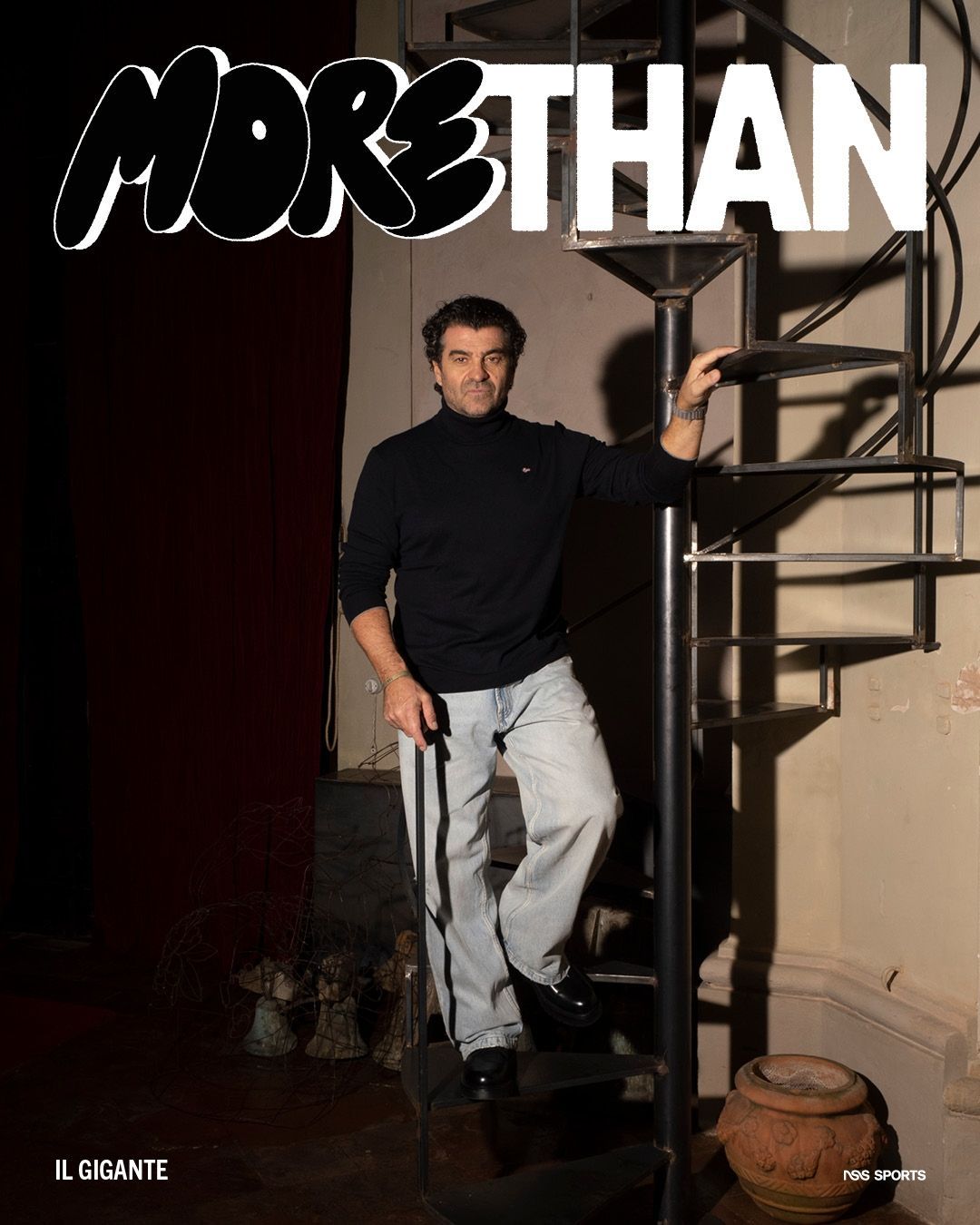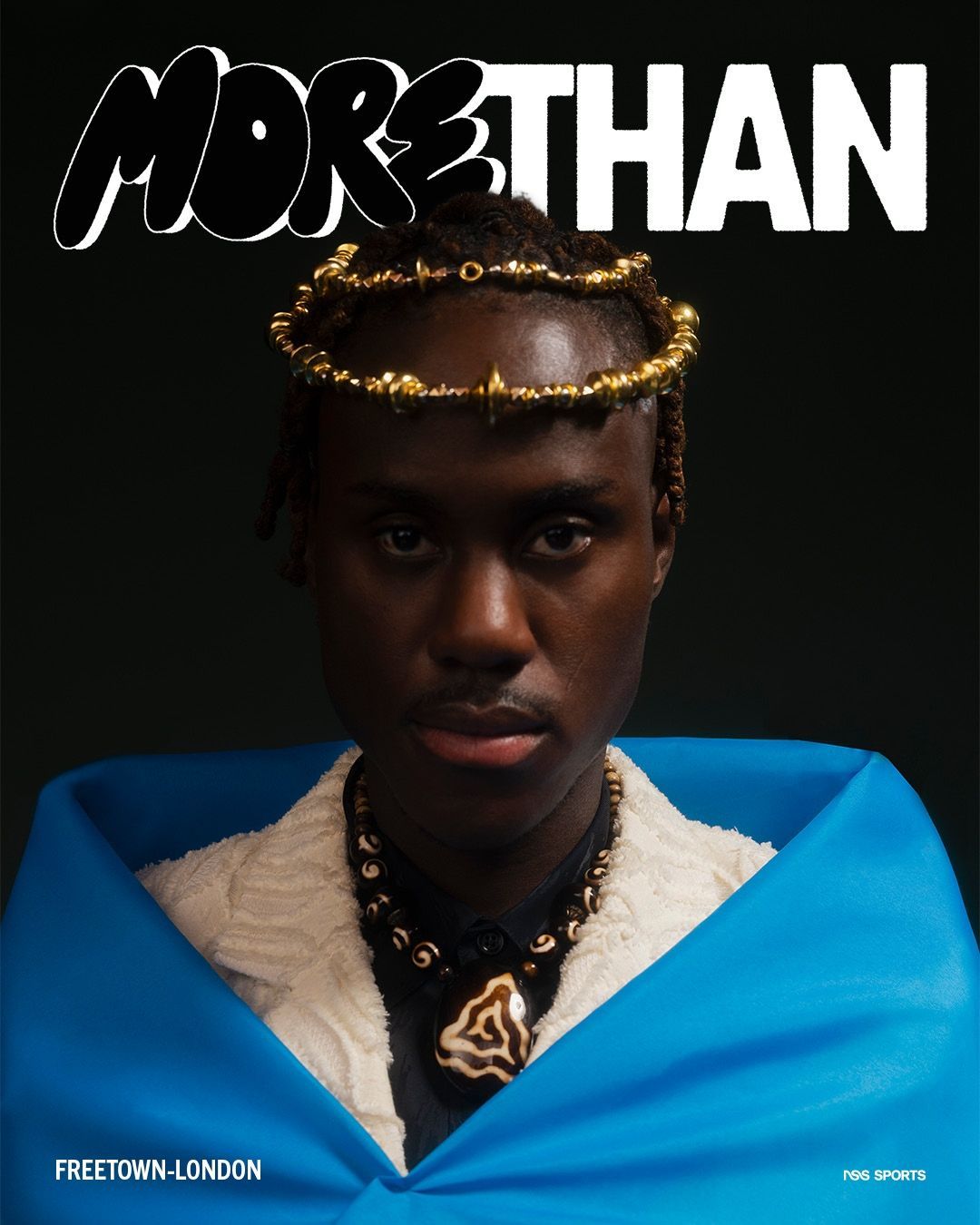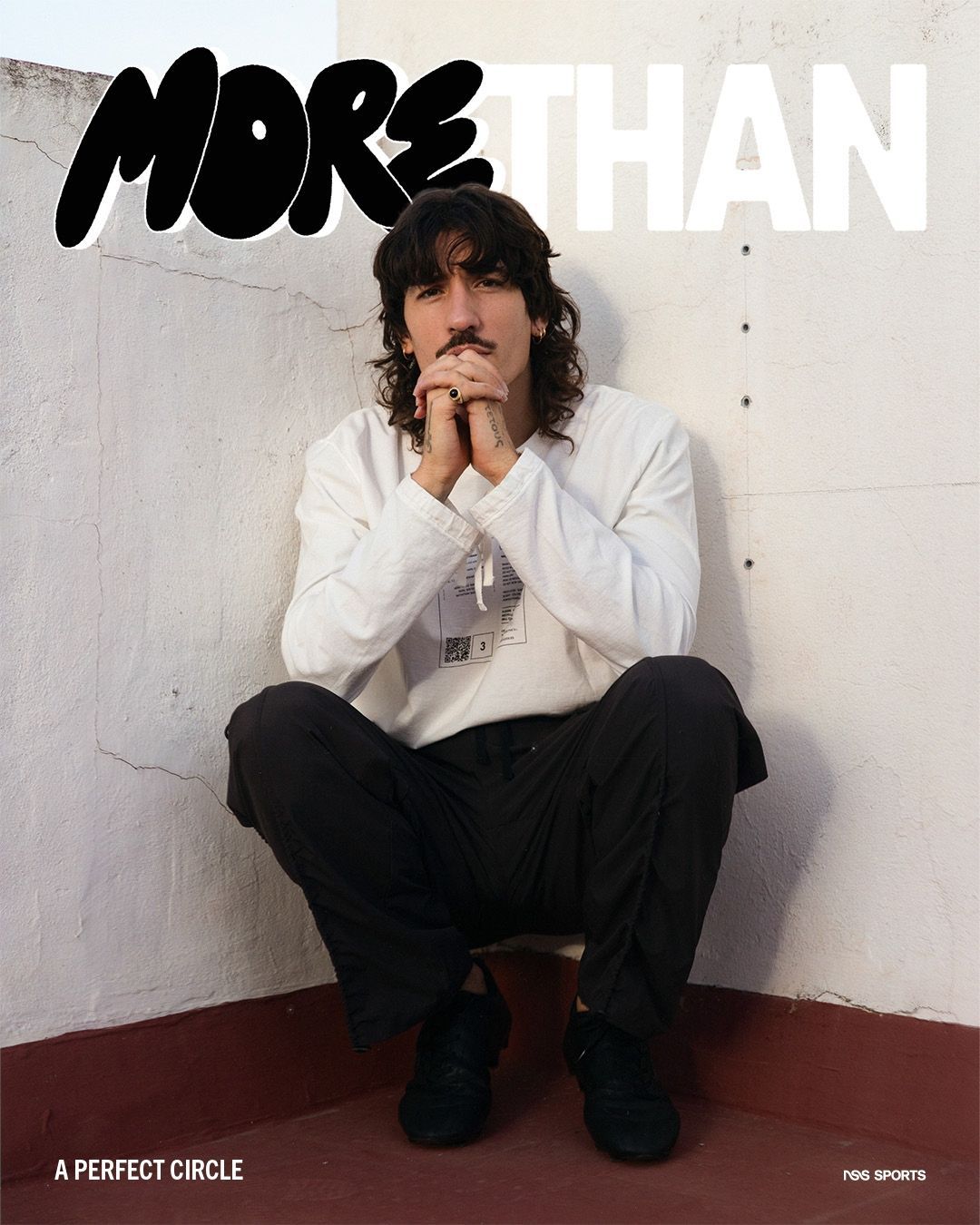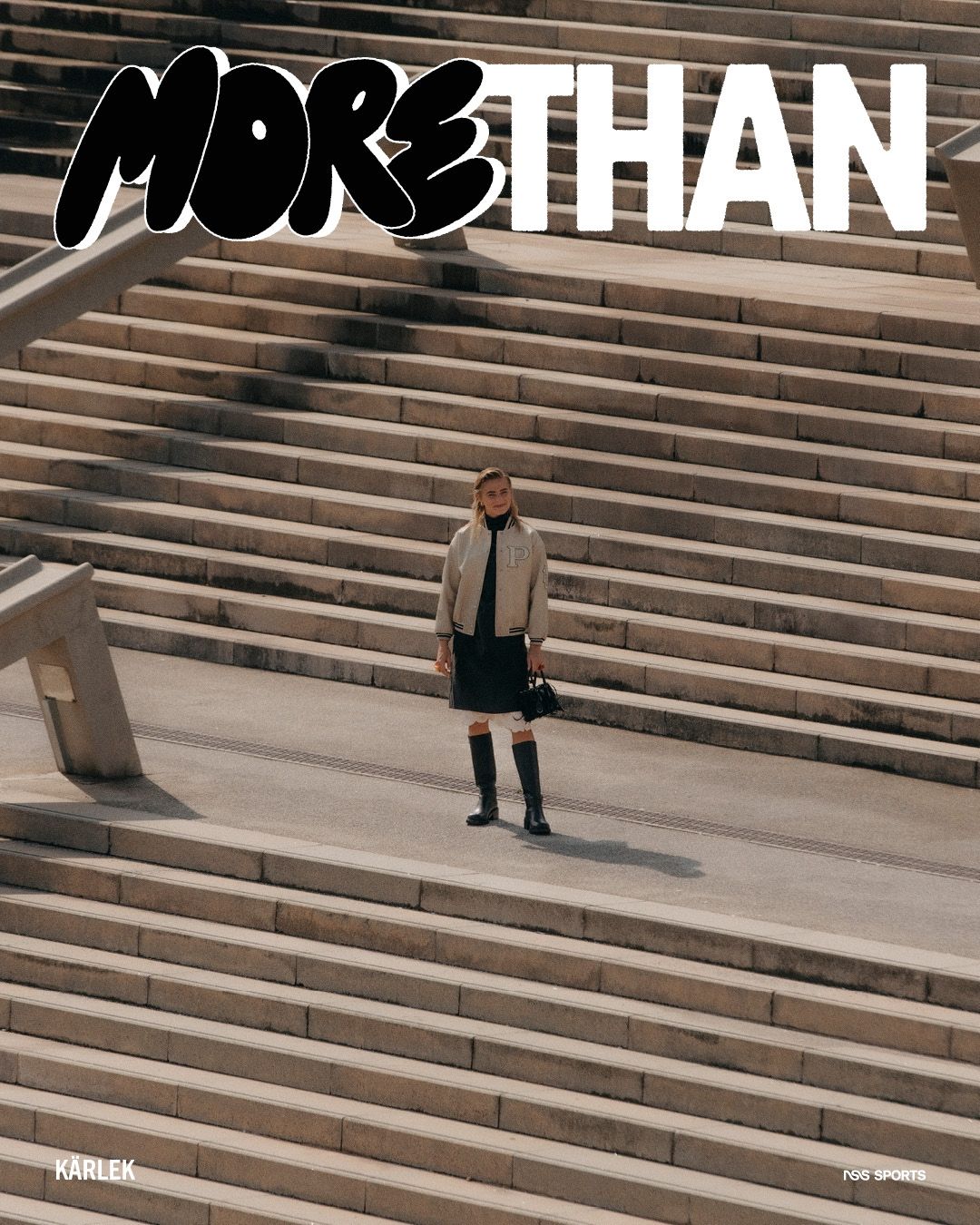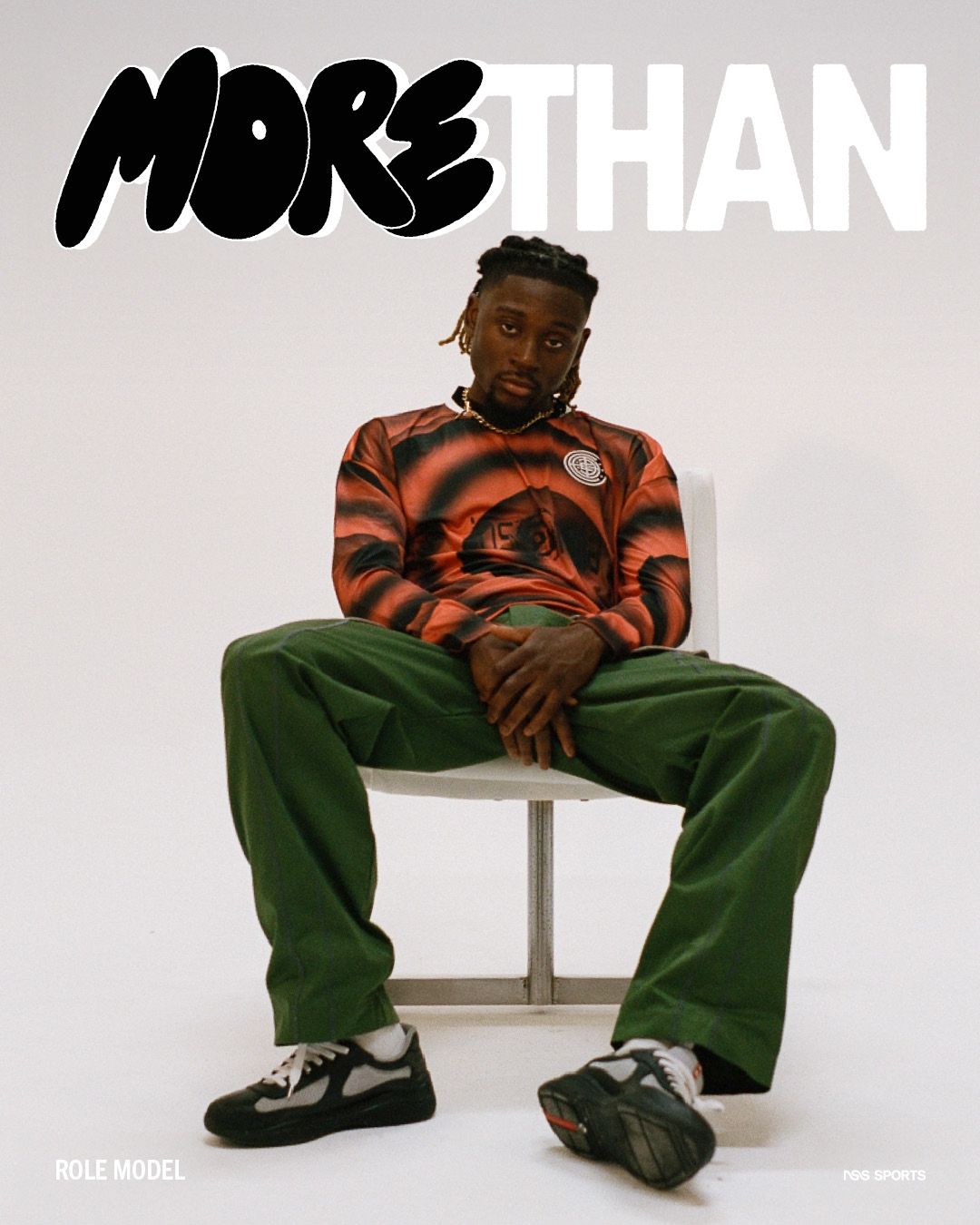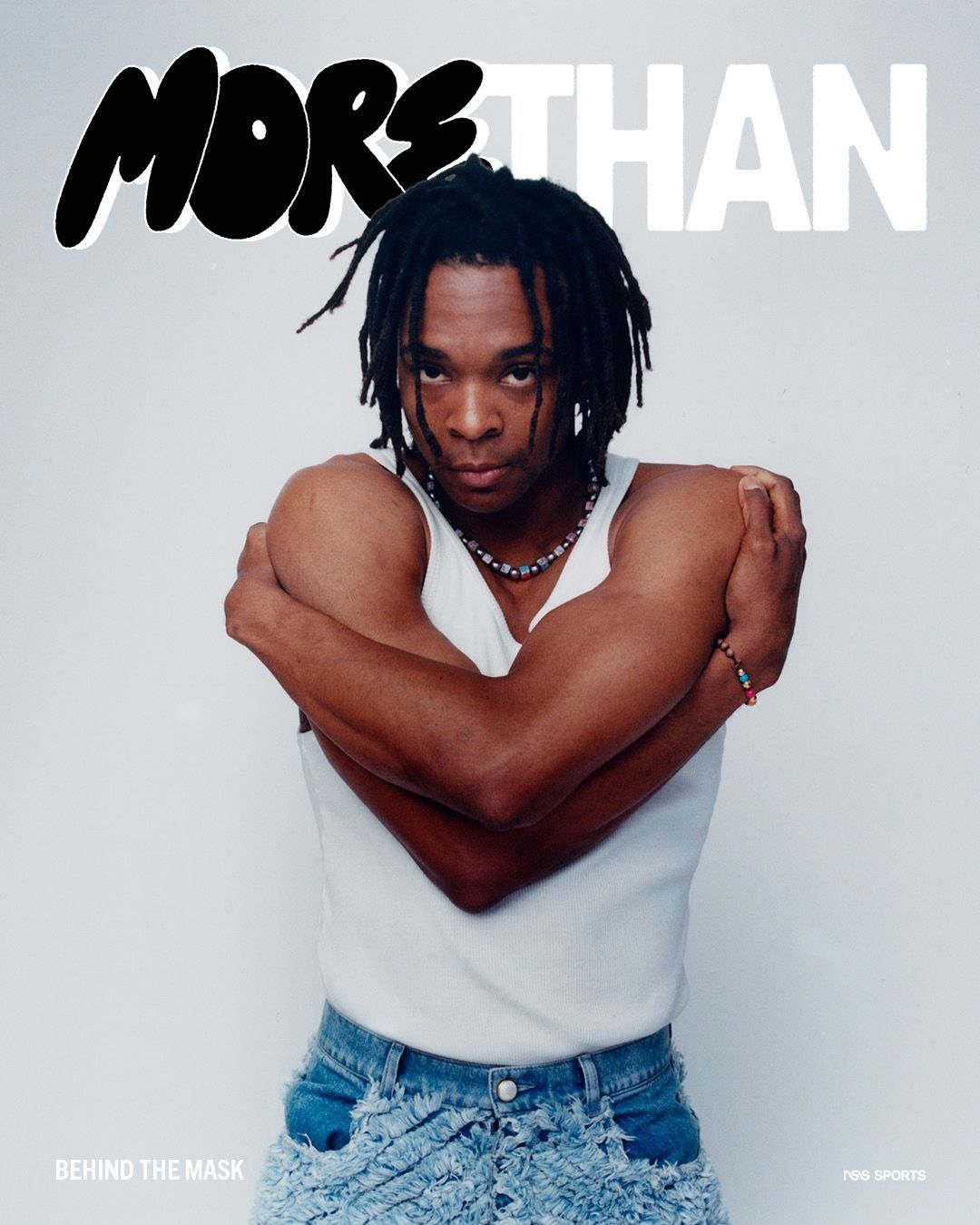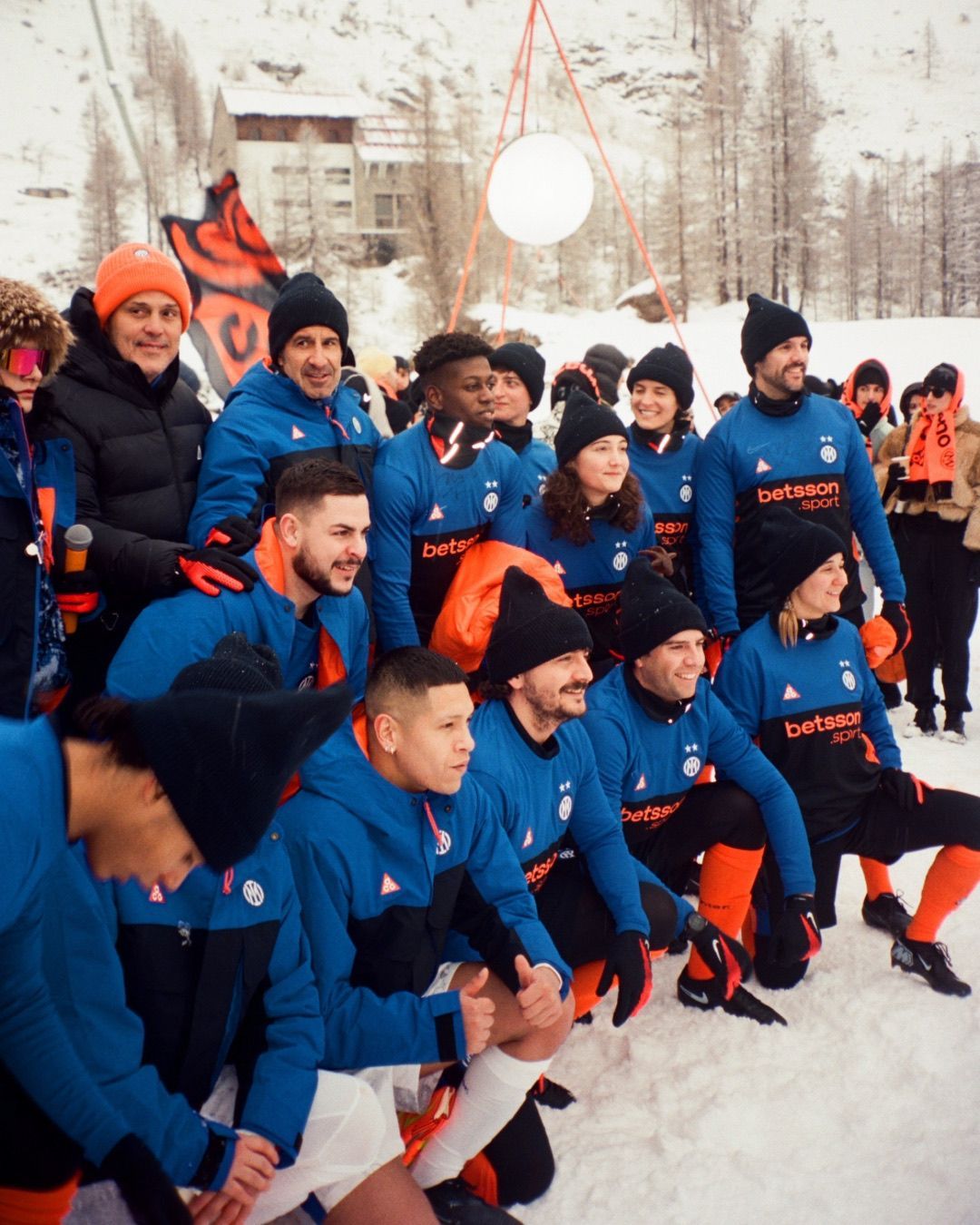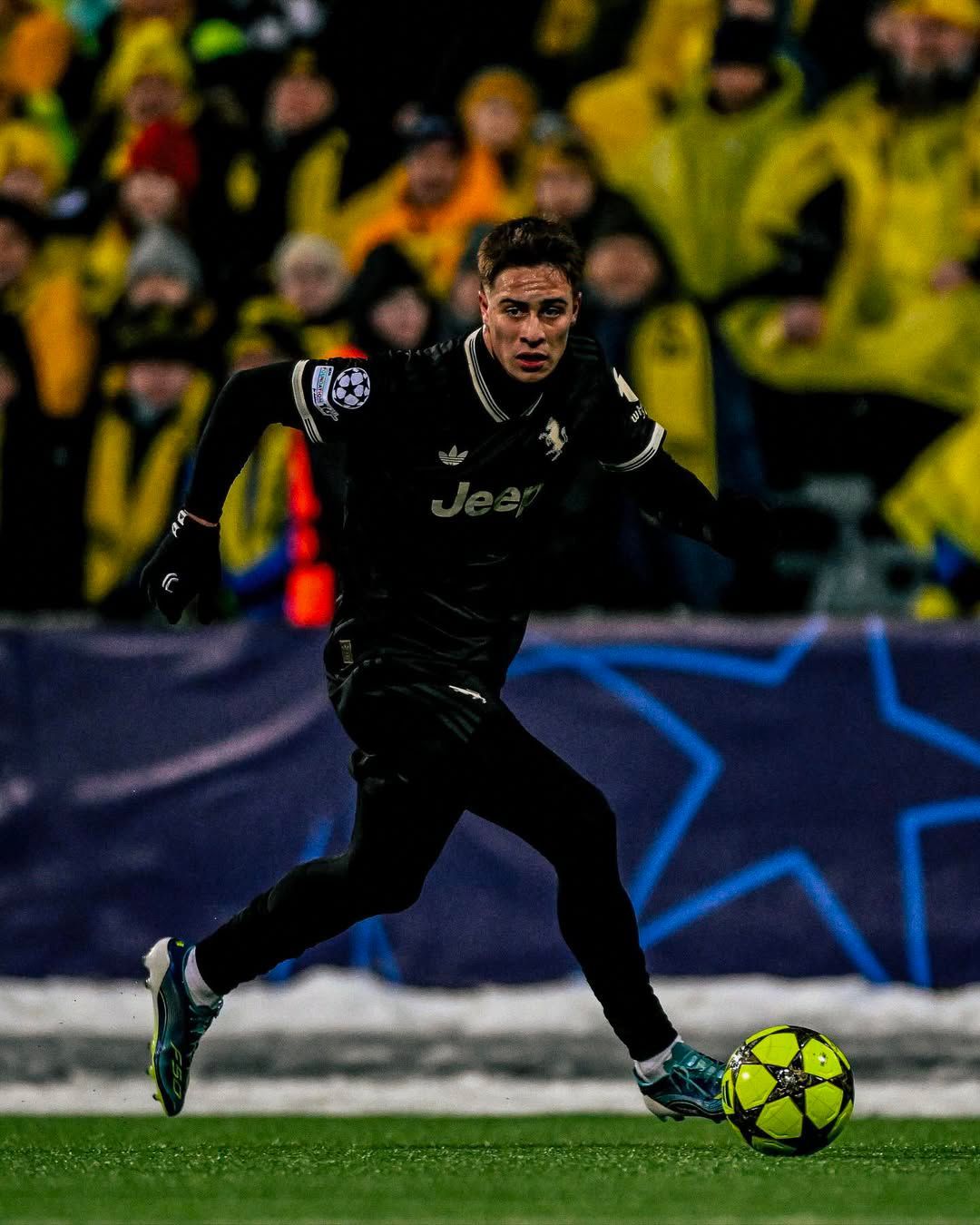
Inter-Barcelona is already in the history of European football Where would you classify it among the other companies in the Champions League?
Simone Inzaghi's Inter Milan are in the Champions League final once again. And it gets there after 210 minutes against Barcelona that already at 11:39 p.m. yesterday, at the time of Szymon Marciniak's triple whistle, were in the legend of European football. In fact, the 7-6 between the Nerazzurri and the Blaugrana enters it by right, as one of the most spectacular and unpredictable back-and-forth challenges in the history of the “cup with ears.” UEFA itself asks this on its official channels: the greatest tie in Champions League history?
There was no shortage of pathos: 3-3 in the first leg, 4-3 after extra time in the return, with qualification slipping out of Barça's hands just when it seemed that the Catalans, ahead with Raphinha's goal a few minutes from the end, had made the decisive breakthrough. Then all that “craziness” that Inter has always claimed as a genetic trait came out: the dart from a center forward by Francesco Acerbi, who would be a central defender, to tie the score in mid-recovery; the miracles between the posts by Yann Sommer, whose saves spoiled the party for Lamine Yamal and his teammates; and finally the decisive kick by Davide Frattesi, the usual man of the endgame, between heavy goals and passionate exultations.
Nerazzurri emotions
Inter-Barça was a 210-minute adrenaline rush (actually 232, with injury time) in which everything happened. Probably, if you ask the Nerazzurri and Blaugrana fans, with moods at the antipodes, they will tell you that the semifinal lasted all of the 140 hours or so that separated last Wednesday's Montjuic (Lluis Companys Olympic Stadium) showdown and yesterday's at the San Siro. It was a tug-of-war in which the scoreboard changed thirteen times, with a collection of signature goals, including heel strikes (Thuram), backhands (Dumfries), personal actions (Lamal), and missiles from long distance (Raphinha); and in which the proverbial millimeters-for example, those of Mkhitaryan's offside, of his foul on Yamal just outside the box, of Sommer's phalanxes-have made the difference.
All of this, immersed in a chilling atmosphere, with the stands of the sold out Meazza - 14 million euros or so in gate receipts, a new record for an Italian club - and an infectious participation of the Inter crowd. One of those “Magic Nights” at the San Siro and those “I was there” nights, in short. And if two years ago the Euroderby with Milan gave the “people who only love you” the final in Istanbul, this time those who “turn Italy around for you” will fly to Germany, to Munich. Waiting to know the challenger, one between Paris Saint-Germain and Arsenal, with the final to be played at the Allianz Arena, Bayern's stadium, next May 31.
Italian emotions
Those who were there at Inter-Barça in 2010, also a semifinal, may recall similar emotions. Fifteen years ago, Mourinho's team prevailed over Guardiola's Catalans 3-1 in the first leg, and then heroically defended against a siege by Messi, Ibrahimovic and co. at Camp Nou, paving the way for the historic “triplete.” If we go back three more years, in the spring of 2007 it was instead the Milan Rossoneri who celebrated after the Champions League semifinals, having eliminated Manchester United. Ancelotti's team stayed alive with a narrow defeat at Old Trafford (3-2), and then on the return leg they knocked out the English in what would be dubbed “the perfect match.” Another memorable night within the walls of the San Siro, also that time under a torrential downpour, like last night.
Of course, not all such stories have a happy ending. On the contrary, it can happen that they are mocks that are very hard to forget. Like the one that Milan itself received, as defending champions, in 2004, when in the quarterfinals it cashed in on the incredible “remuntada” of Deportivo La Coruña. Or one can think back to the 1999 semifinal, when Juventus was recovered at home by Manchester United, after the 2-0 lead in the first minutes by Filippo Inzaghi that had deluded the Bianconeri. Allegri's Juve also experienced a similar night in 2016, in Munich: after a 2-2 draw in Turin and a double lead in the return leg, the Germans' reversal in the last 20 minutes, then concluded in extra time, turned a feat into a nightmare. Or perhaps into lifeblood to come back even stronger the following year, despite defeat in the final.
European emotions
The history of the Champions League, and the Champions Cup before it, is one of passionate challenges, great comebacks and rematches “for the ages",” as they say in the place where football was invented. in 1986, for example, Real Madrid travelled to Germany to teach Borussia Mönchengladbach a lesson (5:1). That was the prelude to a return match at the Bernabeu that was to become the mother of all Spanish “remuntadas” (4:0). However, the quintessential reversal was in 2017 between Paris Saint-Germain and Barcelona: 4-0 in favour of PSG in the first leg, 6-1 for the Catalans in the second leg, with three goals scored in the final minutes. And two years later, in 2019, the unbelievable happened again, but this time it was Barça's turn to play the victim, against Liverpool: 3-0 at Camp Nou, 4-0 at Anfield, with the unforgettable “quickly taken corner” from Alexander-Arnold for Origi.
However, as Inter Milan and Barça have shown in the last seven days, no great comeback is needed to go down in history and the collective memory. Those who love European football, for example, have not forgotten the pyrotechnic double-header between Liverpool and Chelsea in 2009, in which the second leg at Stamford Bridge ended 4-4 (7-5 in favour of the Blues on aggregate). Or the absurd semi-final between Tottenham and Ajax six years ago, in which Lucas Moura scored a hat-trick in the second half; or the quarter-final between Real Madrid and Chelsea in 2022, which was decided by a legendary Karim Benzema; or the clash between Atlético and Liverpool in March 2020 (controversial for health reasons), which was decided by Marcos Llorente in extra time.
All of these matches are now part of the Champions League's epic and the mythology of the teams and fans involved. Because the Champions League is also a collective memory and a moment of sport. Those who were at the San Siro yesterday went home with something indelible: the privilege of having seen a piece of European football history with their own eyes and experienced it first-hand.




